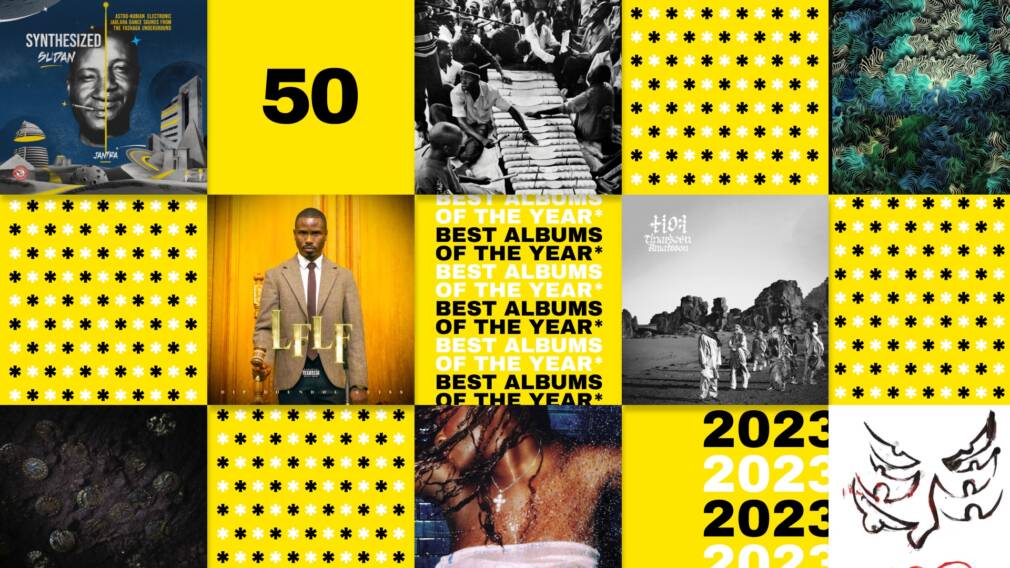Every year we try to bring together a selection of albums that stood out in the ocean of music. This year we saw the meteoric rise of Singeli on the global stage, the Portuguese kuduro scene take its place as one of the most contagious new club sounds, and continued dominance of rap around the world as the genre reaches the ripe age of 50. Aunty Rayzor made her aggressive debut as one of the hardest hitting rappers on the continent alongside Uganda’s MC Yallah and a fresh album from Rwanda’s Kenny K-Shot. DJ Danifox and Nadía both brought new flavor to underground darling Príncipe Discos. We saw singular artists like King Ayisoba jam on his kologo, or the Nakibembe Embaire Group beautifully reimagine their giant wooden xylophone with the help of Indonesian trio Gabber Modus Operandi. The iconic zamrock group WITCH made an epic return, and Ferre Gola, Baaba Maal, and the members of African Head Charge showed us why they’re still on top. It was a record setting year for Afrobeats, but Asake and the influence of his form of naijapiano can’t be overlooked. Teni also made waves with Tears of the Sun which, in many ways, was more than just an album. The Egyptian post-shaabi club sounds are tearing up dancefloors thanks to the like of 3Phaz, and the gqom of pioneers of Omagoqa are starting to get the recognition they deserves. But don’t forget the psychedelic jazz of Izongoma or Yussef Dayes’ Black Classical Music.
There’s certainly more than we could ever cite here or include in this list. Nonetheless dive into our snapshot of the sounds that shook 2023. Whether you’re looking for the next best track for your DJ mix, a quiet meditation, or a sonic trip into another world, there’s something here for you. Listen, share, and celebrate the “best” albums of 2023.
Listen to all the artists and projects in our Best Albums of 2023 playlist.
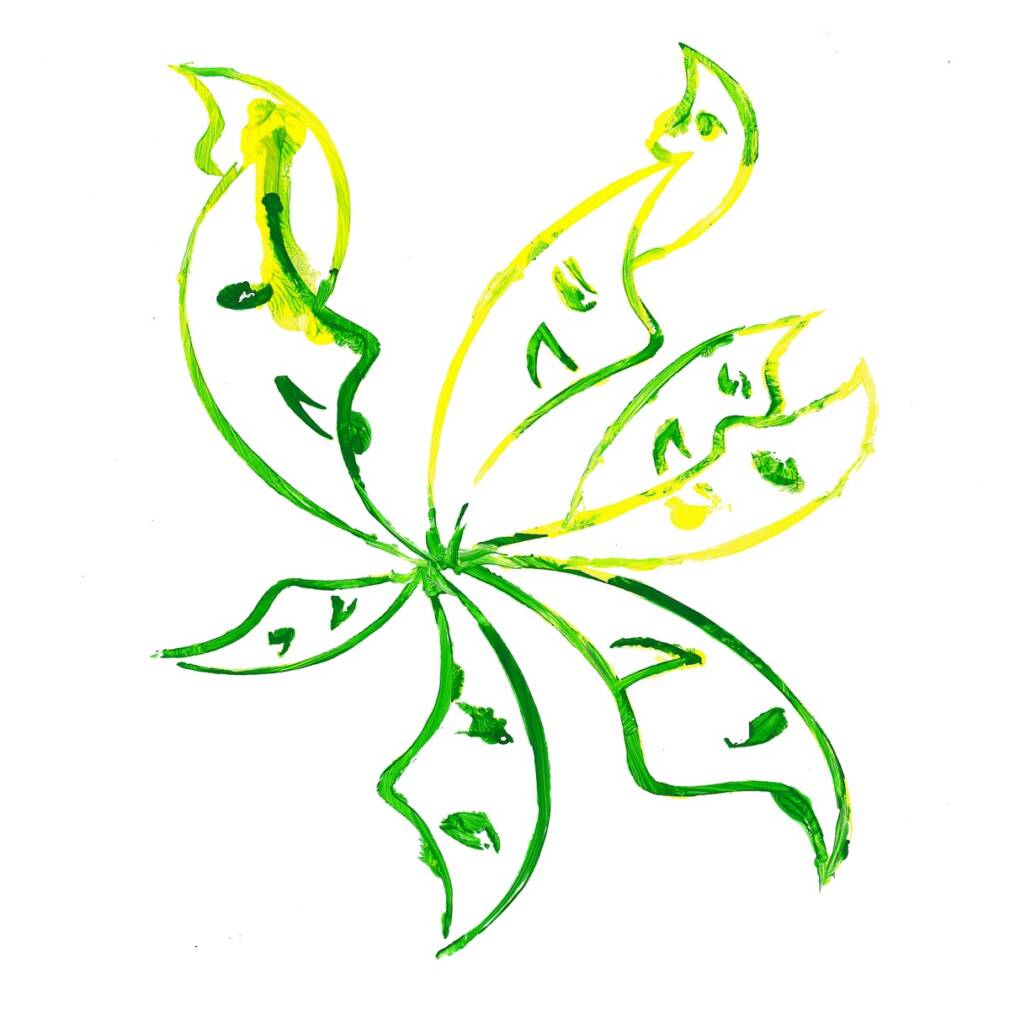
95 Mindjeres
Nídia
Over the last ten years, Príncipe Discos has painted a dynamic and creative portrait of the new wave of Luso-African Portugal-based dance music. Nídia, who already released 4 albums with the label, is a mainstay of this scene. On 95 MINDJERES, her unique take on batida pays tribute to the decisive role of women freedom fighters in PAIGC’s struggle for the independence of Guinea-Bissau from Portuguese colonial domination during the 1960s and 1970s, notably through the military training and political awareness of a group of 95 women. This homage is developed in the form of rapid tracks, each one experimenting with groove, interweaving percussion sequences and minimalist melodies. More captivating proof of how the dancefloor can be a political space.
Listen here.
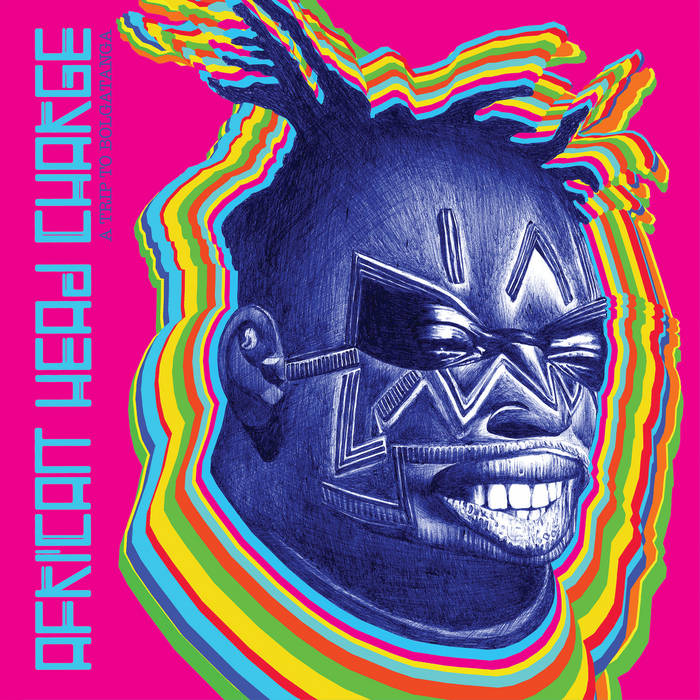
A trip to Bolgatnaga
African Head Charge
Bonjo Iyabinghi Noah and close collaborator Adrian Sherwood team up for another African Head Charge album, this time recounting a journey to Bonjo’s Ghanain hometown of Bolgatanga. Super percussive and full of philosophic meanderings, this album is a beautiful expression of the group’s roots. With an amazing intro by Ghana’s King Ayisoba and his ever-present kolongo, the album moves through wah-wah dub, psychedelic rock, and smooth electronica. A fantastic record that’s as fresh as it feels timeless.
Listen here.
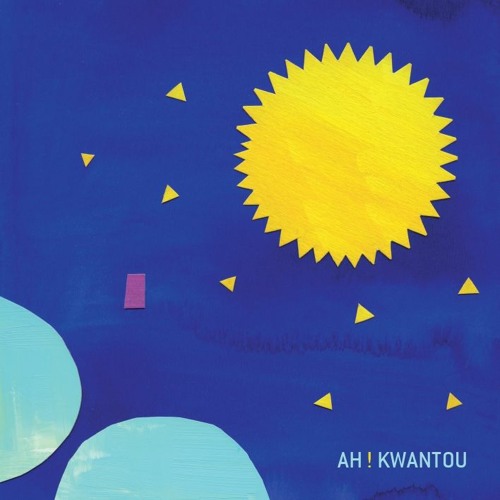
Ah! Kwantou
Ah! Kwantou
Ah! Kwantou’s eponymous debut album comes as a pleasant surprise. The band is fronted by Ghanaian singer and guitarist Kyekyeku, who was raised on highlife before moving to France. And it’s highlife that gives the album its dominant color, as the band embarks on a journey through the lands of funk, afro-beat and soul… all in a positive spirit carried by explosive guitars and brass.
Listen here.
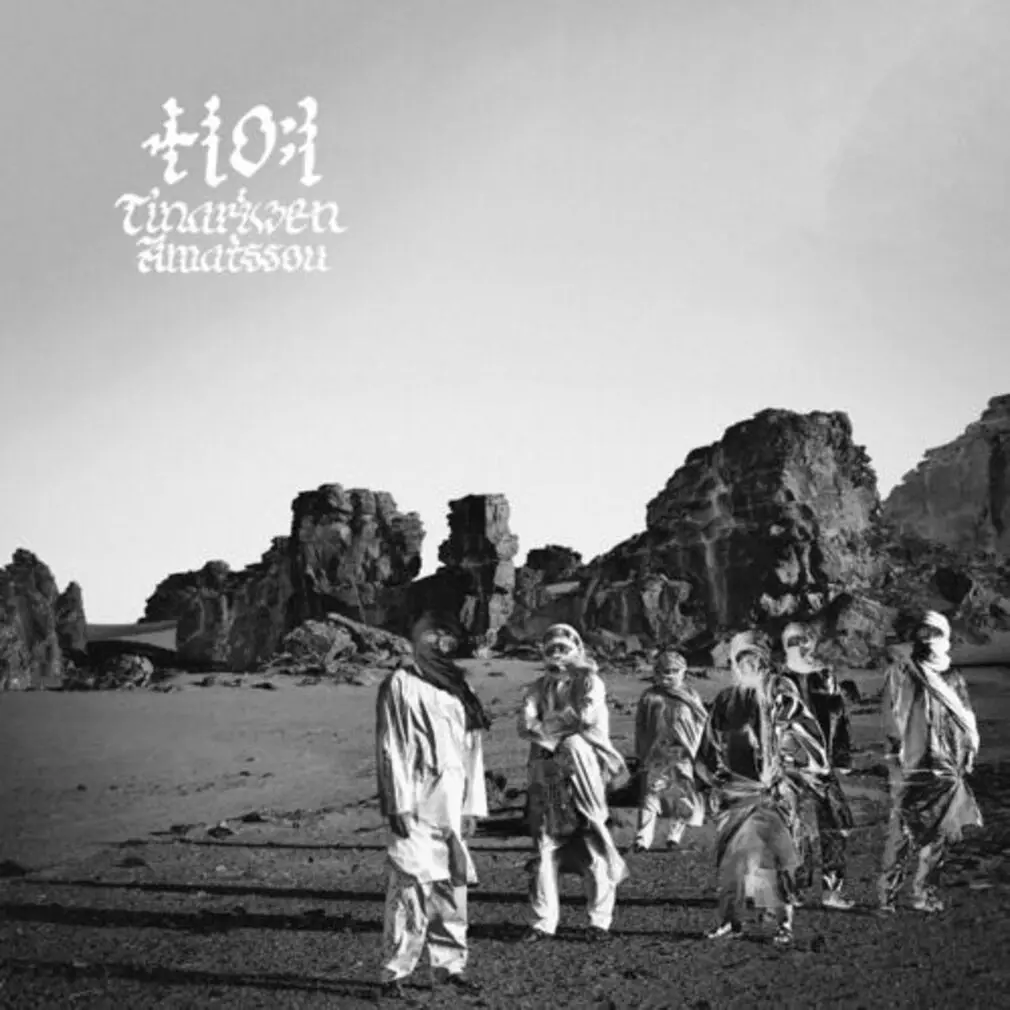
Amatssou
Tinariwen
The emblematic Tuareg band, celebrated by the world’s greatest artists, continues to sing the desert blues. 20 years after The Radio Tisdas Sessions, Tinariwen continues to spread Touareg culture and music with their new album entitled Amatssou or “beyond fear” in Tamasheq. A title chosen by the band to speak of the growing fear in the desert of Mali linked to armed conflict, interferences and dwindling resources. Tinariwen’s music has always been imbued with nostalgia, but also with the kind of resistance that lies at the heart of the band’s creation. A sublime album that carries the spirit of a culture on the verge of extinction.
Listen here.
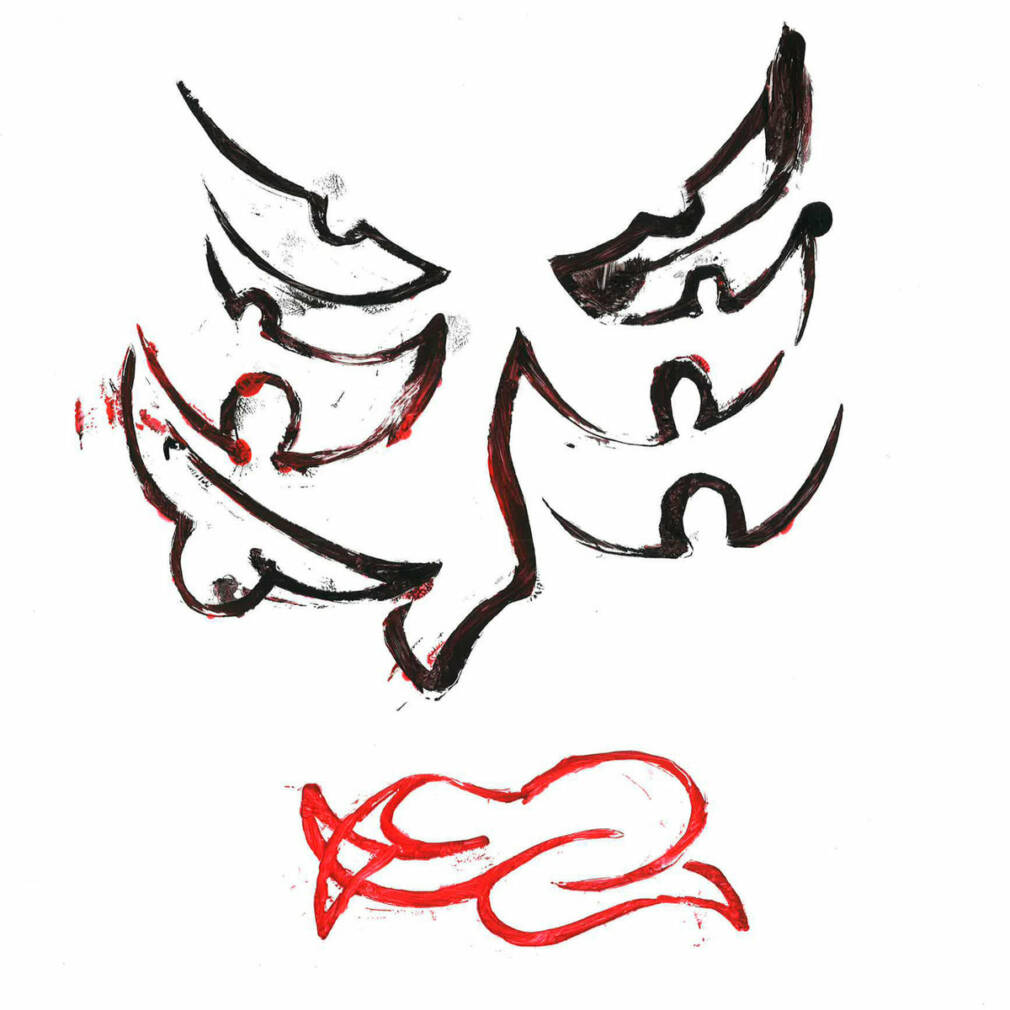
Ansiedade
DJ Danifox
Príncipe’s DJ Danifox releases his first “official” album Ansiedade after what feels like a relentless string of EPs, singles and collaborations. The revolutionary batida outfit that’s been breaking dancefloors with hypnotic sets has found the soul-speaking experimental love-child in DJ Danifox’s work. From the opening track, Danifox’s batida productions have a smoother tint than that of the ghetto-club sounds of Marfox or the bouncy sample-heavy productions of DJ Lycox. Instead, tracks like “Parça” and “Ilha dos Bruxos” float on island air that accentuate Danifox’s gentle minimalism. Lyrics sprinkle the tracks as repetitive instrumentation rather than conceptual signposts. Ansiedade, while it lives and breathes a DIY energy in the sound samples and choice of noise, has a staggeringly clean production that presents the sometimes lo-fi, sometimes out-of-the-box presets and deliberate choices rather than an expression of means.
Listen here.
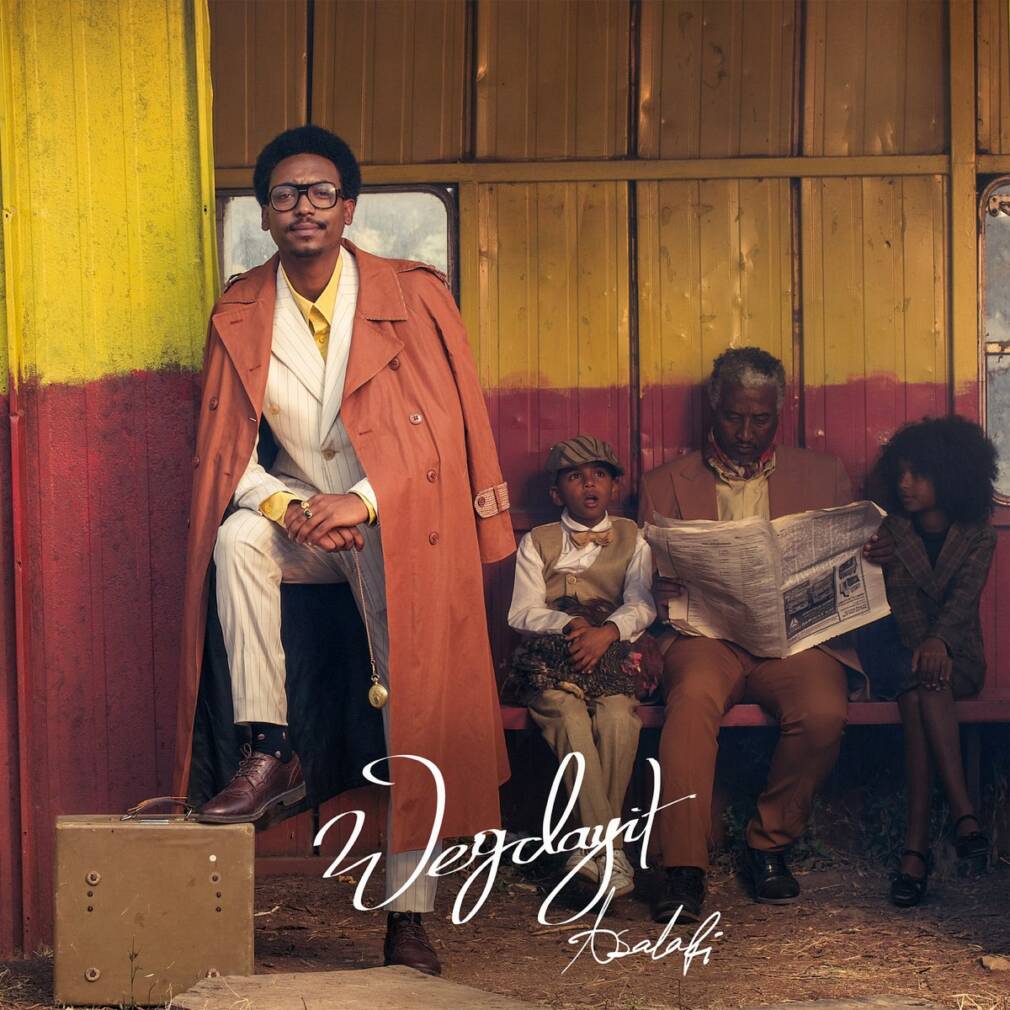
Asalafi
Wegdayit
If Ethiopian music was once famous in the entire world for its incredible jazz, Addis-Ababa-based artist Wegdayit is ready to shed a new light on his country. A die-hard fan of the 6th-century Aksumite composer Saint Yared, credited with being a major player in the development of traditional music in Ethiopia and Eritrea, the “folk” singer tries the difficult exercise of bringing modernity to his cultural traditions, singing in Amharic on jazzy, hip-hop and reggae infused beats which still bear a distinctive Ethiopian flavour. As the artist says it himself, “let’s reminisce a time when folklore was told through incapsulating rhymes and melodies”.
Listen here.
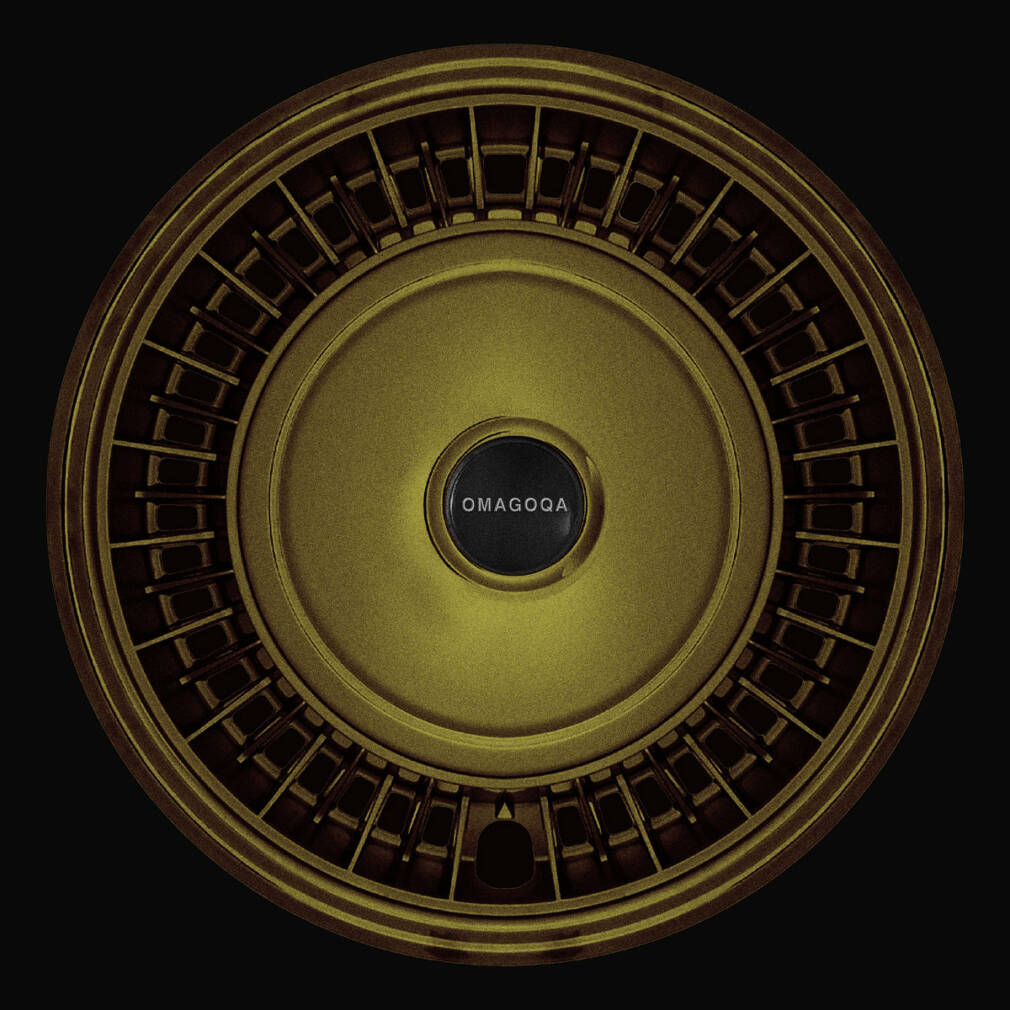
Back To Embombeni Deluxe
Omagoqa
Andile “Ma_A” Mazibuko, Franco “KB” Makhathini and Njabulo “Chase” Sibiya met a few years ago in a Durbanite minibus taxi, an “ibomba”. The influence of those vehicles in the development of many South African electronic genres has been well documented, and on their latest release, Back To Ebombeni Deluxe, the Omagoqa trio pay homage to these cultural transmitters, known for always having the freshest, rawest, sound around. Throughout the tracks, the group adds EDM, 808 basses and synths to their signature gqom, making it more experimental than ever.
Listen here.
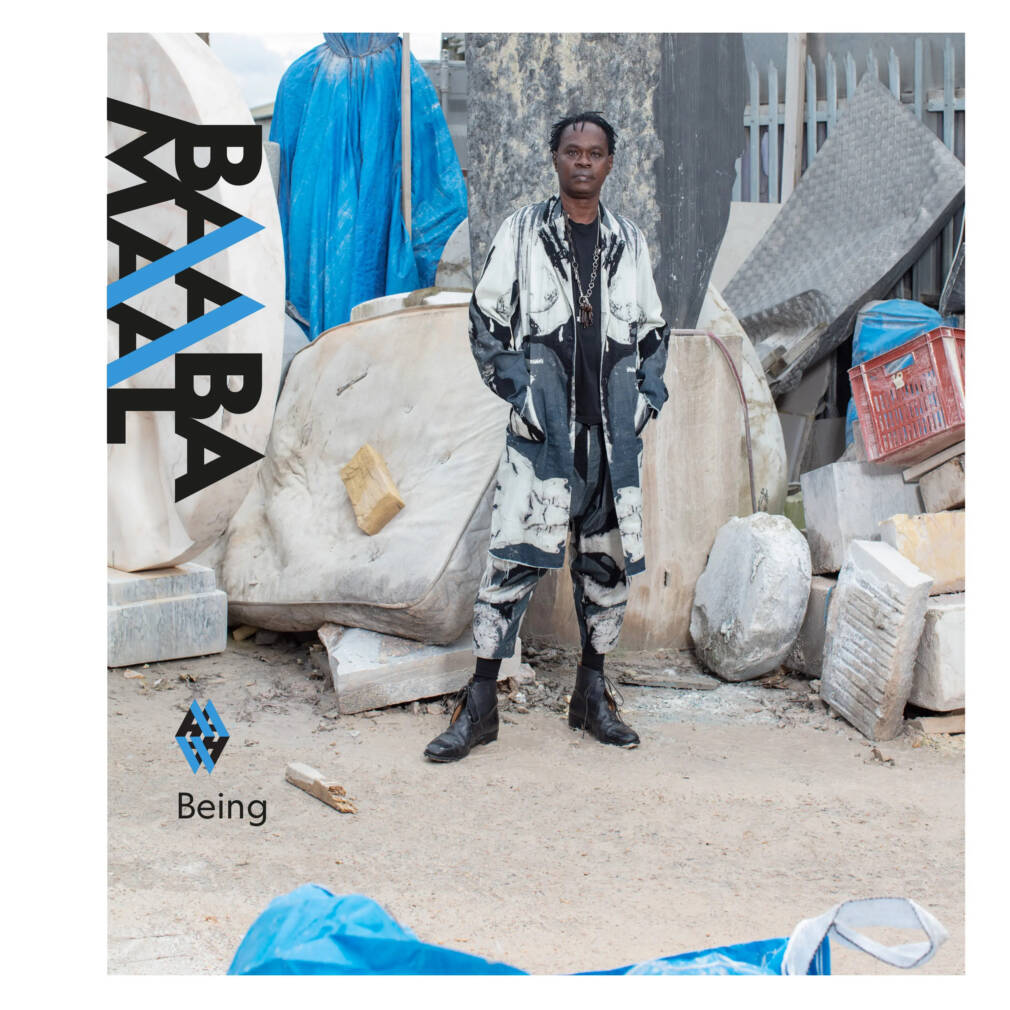
Being
Baaba Maal
Visionary singer, cultural ambassador and Senegal superstar Baaba Maal returned in 2023 with Being. Recorded in Brooklyn, London and Dakar, the album continues the artist’s exploration of indigenous West African music, American soul, jazz and blues, and focuses on the human aspect of songs. “Each song of this album has its own personality,” says the singer. “Because for me, a song is like a person. It has a life, it has a name, it has a character, and it has a position in life.”
Listen here.
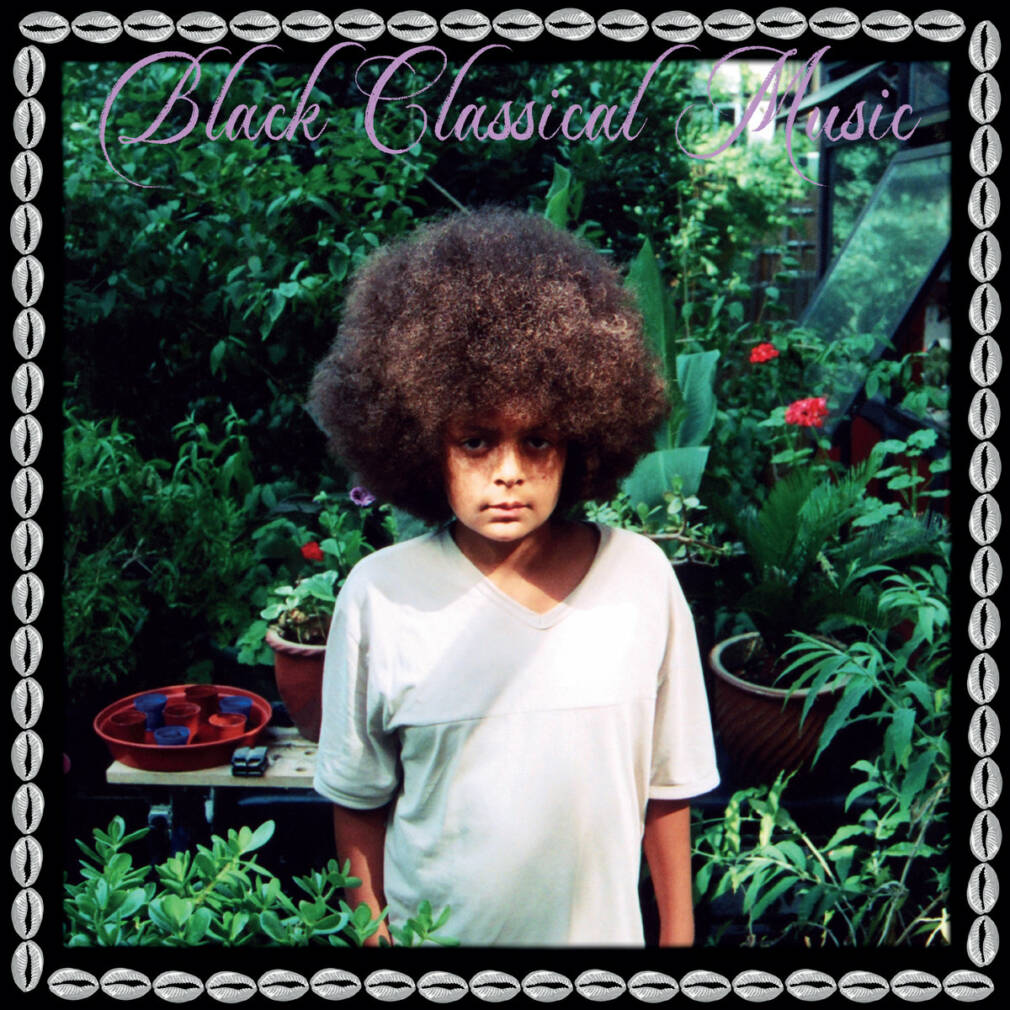
Black Classical Music
Yussef Dayes
It has taken drummer, producer and composer Yussef Dayes over 15 years to release his first solo album. Accustomed to high-level collaborations, both in jazz and in other genres (Afrobeats with Wizkid, rap with Pa Salieu, r&b with Kali Uchis), the British artist’s Black Classical Music project reflects the rich new generation of UK jazz, resolutely inspired by the groove and sounds of Afrobeat, Afro-Caribbean music and hip-hop, remaining unfazed by musical classifications. The album stems from the drummer’s own questions about music. What is jazz? His answer, “music that is constantly evolving and has unlimited potential […] groove, feeling, […] spontaneity, […] melodies for the soul and spirit, bass for the heart.”
Listen here.
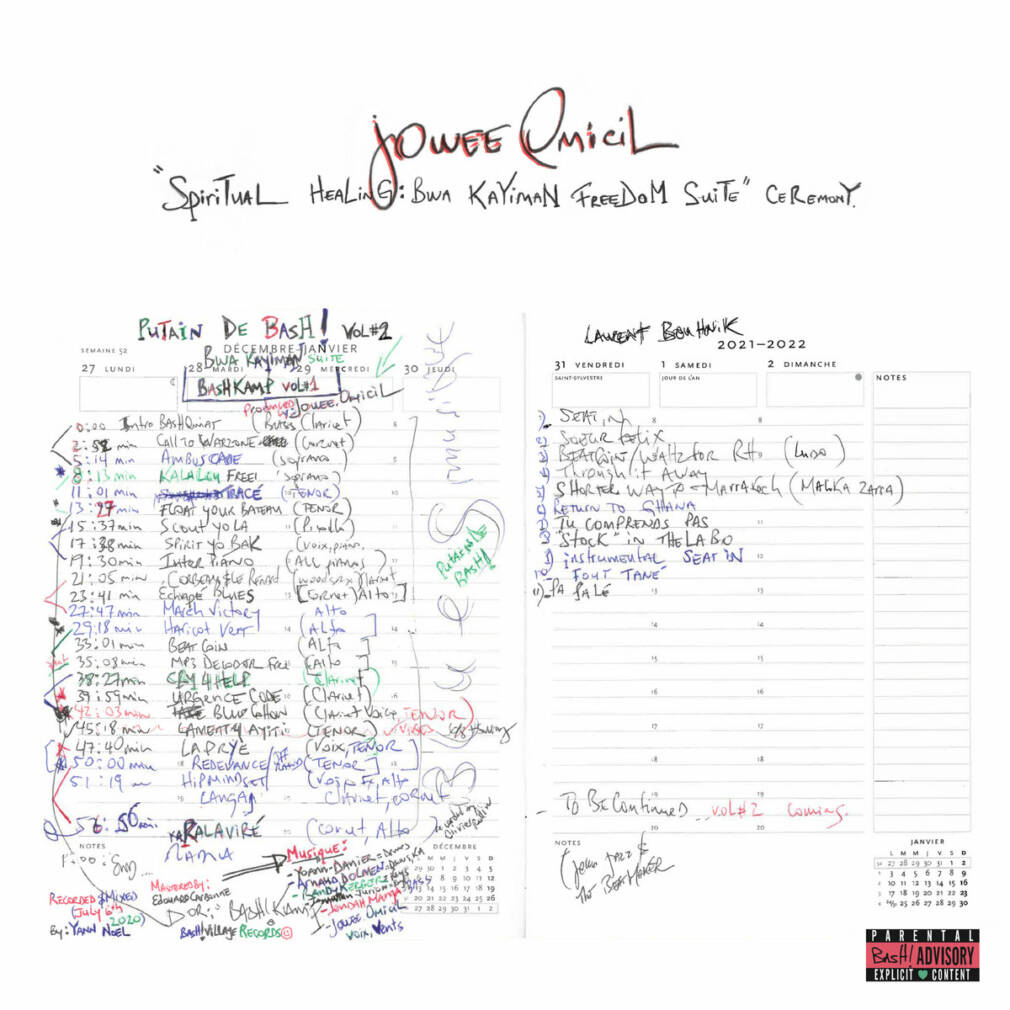
SpiriTuaL HeaLinG : Bwa KaYimaN FreeDoM SuiTe
Jowee Omicil
A tribute that brings the Bwa Kayiman ceremony back to life, which on August 14, 1791 marked the start of the Haitian slave revolt, and with it the beginning of a war of independence that would lead to the country’s independence in 1804. In 21 tracks, the saxophonist (who also plays flute, cornet, and more) relives the spirit of the revolt, of the voodoo deities who came to help. A free pilgrimage, a mystical, poetic and political experience. Or, as he might sum it up, “a Bash!“
Listen here.
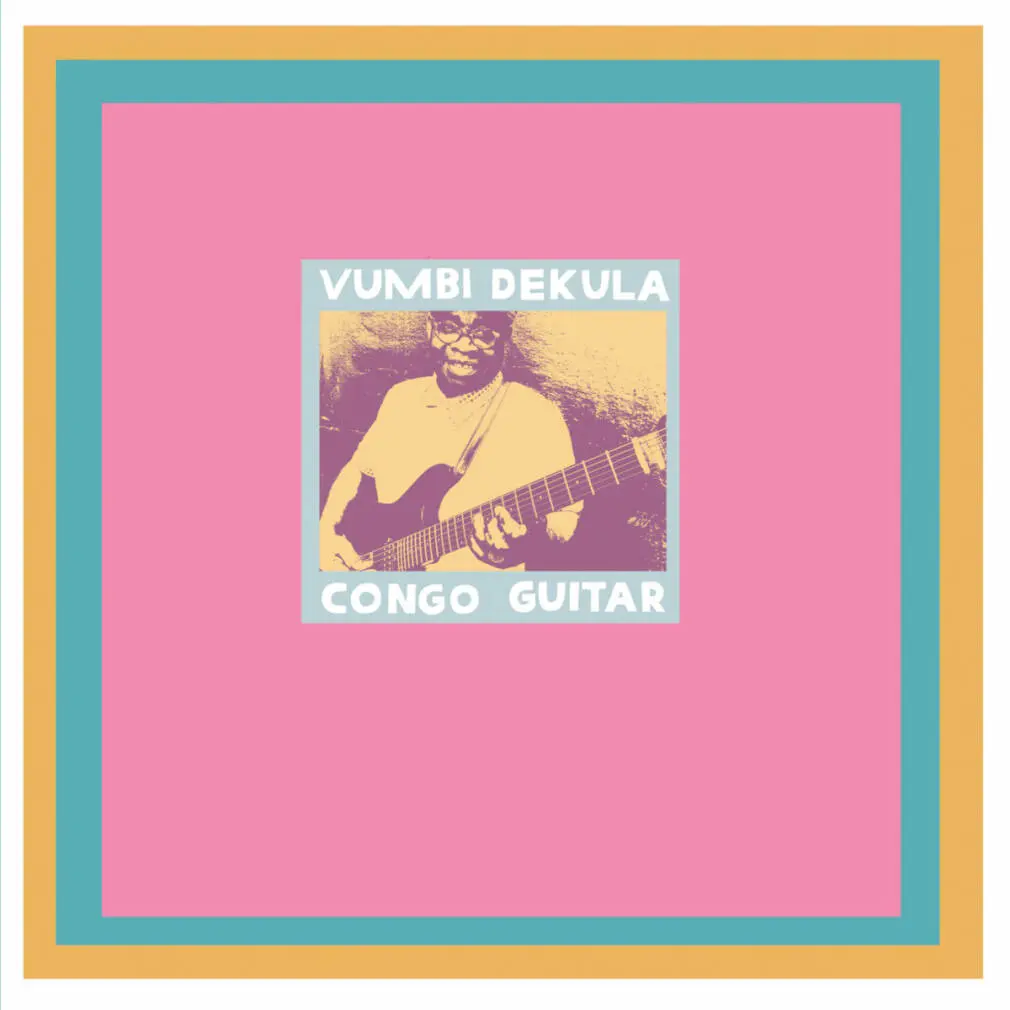
Congo Guitar
Vumbi Dekula
A veteran of legendary rumba groups such as Orchestra Maquis, Kahanga “Vumbi” Dekula’s last release was in 2019 with the Dekula band’s album Opika, produced by Swedish label Sing-A-Song Fighter. Karl Jonas, the latter’s founder, had long dreamt of a solo album from the guitarist, who sounds like “an orchestra unto himself”. The result is Congo Guitar, recorded in two days in Stockholm, on which Dekula, one on one with his guitar, plays and interacts with a rhythm box, a bit of piano, a banjo and a melodica bass. This is virtuoso music, optimistic and carefree, is summed up in the artist’s own words. “Listening to soukous music makes you happy to be alive, and makes you want to dance no matter what.”
Listen here.
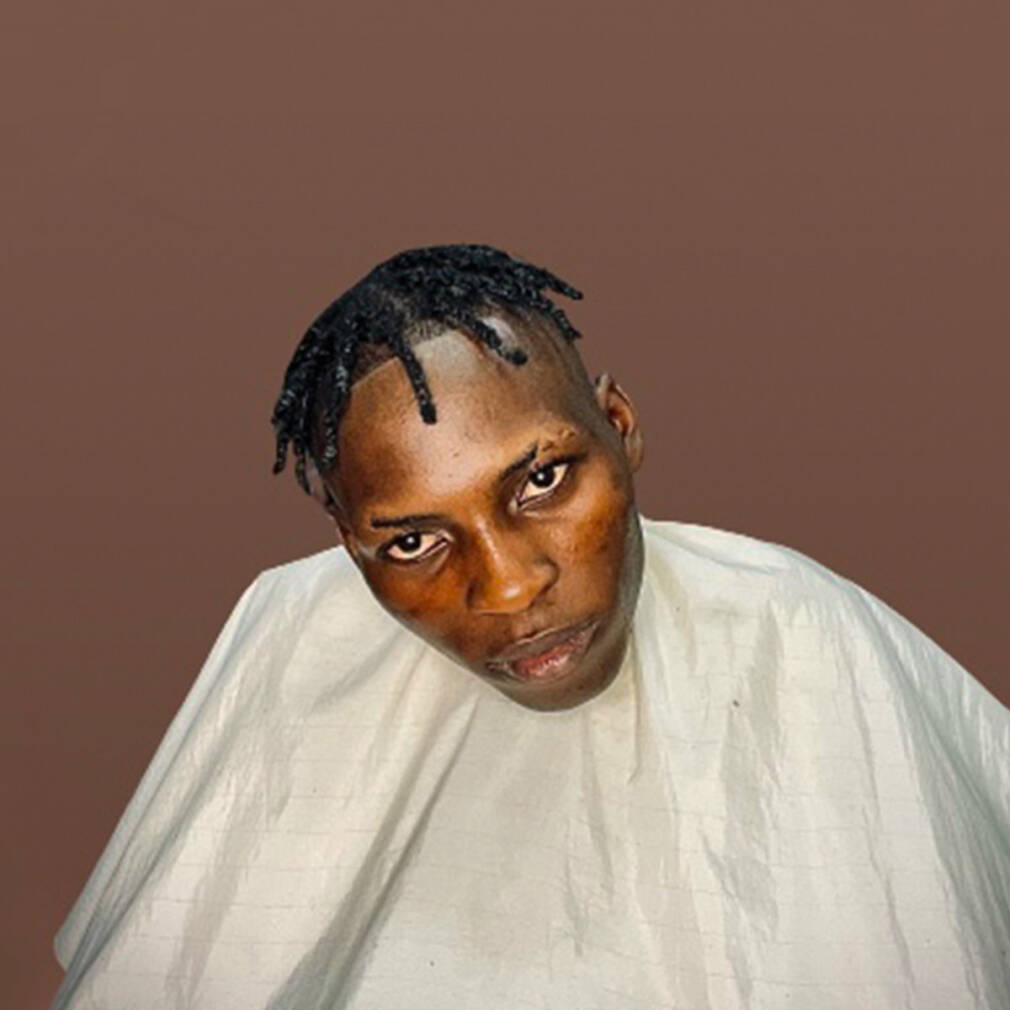
CRUISE BEAT ALBUM
DJ TOBZY IMOLE GIWA
Cruise beats innovator DJ Tobzy dropped a full length album of chaotic trench music tapping into viral TikTok videos and relentlessly fast beats as one the emergent genre’s wildest producers. 35 minutes of legwork soundtracks, cheeky samples and cutlass sounds from Nigeria’s disenchanted youth.
Listen here.
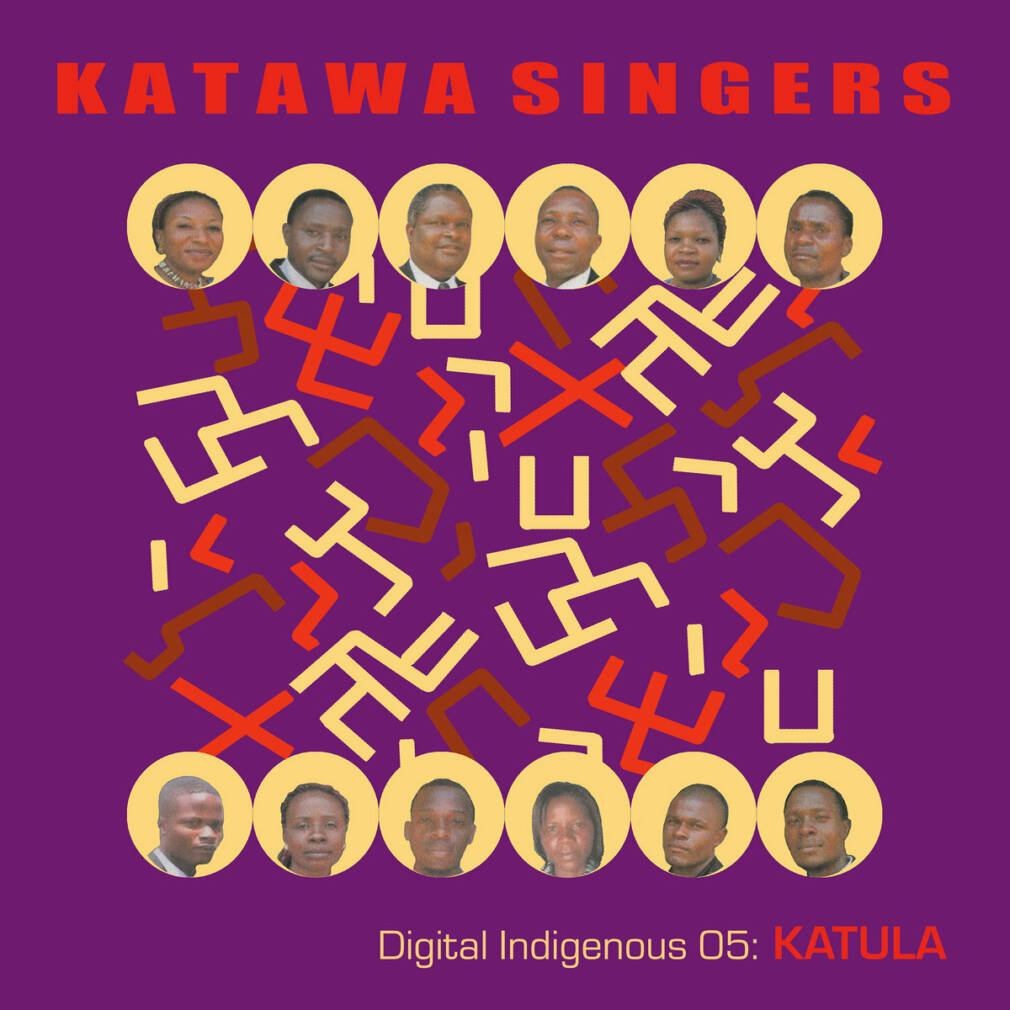
Digital Indigenous 05 : Katula
Katawa Singers
Poland-based record label 1000Hz has produced many albums documenting the indigenous and modern music of East Africa. The Digital Indigenous series presents “local producers who utilize rudimentary digital tools to create thrilling mixes of electronic and traditional music – either pop or avant-garde oriented.” Katula, the fifth project of this work, showcases Malawian Katawa singers’ early work. Founded by Auden Nthala and two of his friends, soon joined by others, initially to raise funds to build a church in their home town of Mzuzu, the group continued to exist and started experimenting with drum machines and keyboard synthesizers. “We learned it from scratch, by trial and error,” one band member explains. “We were also the first in the region to work this way.” A beautiful harmonization of gospel voices, local rhythms (malipenga, ingoma, kamchoma) and complex electronic arrangements (created by simple technical equipment), Katula is the band’s second full-length project.
Listen here.
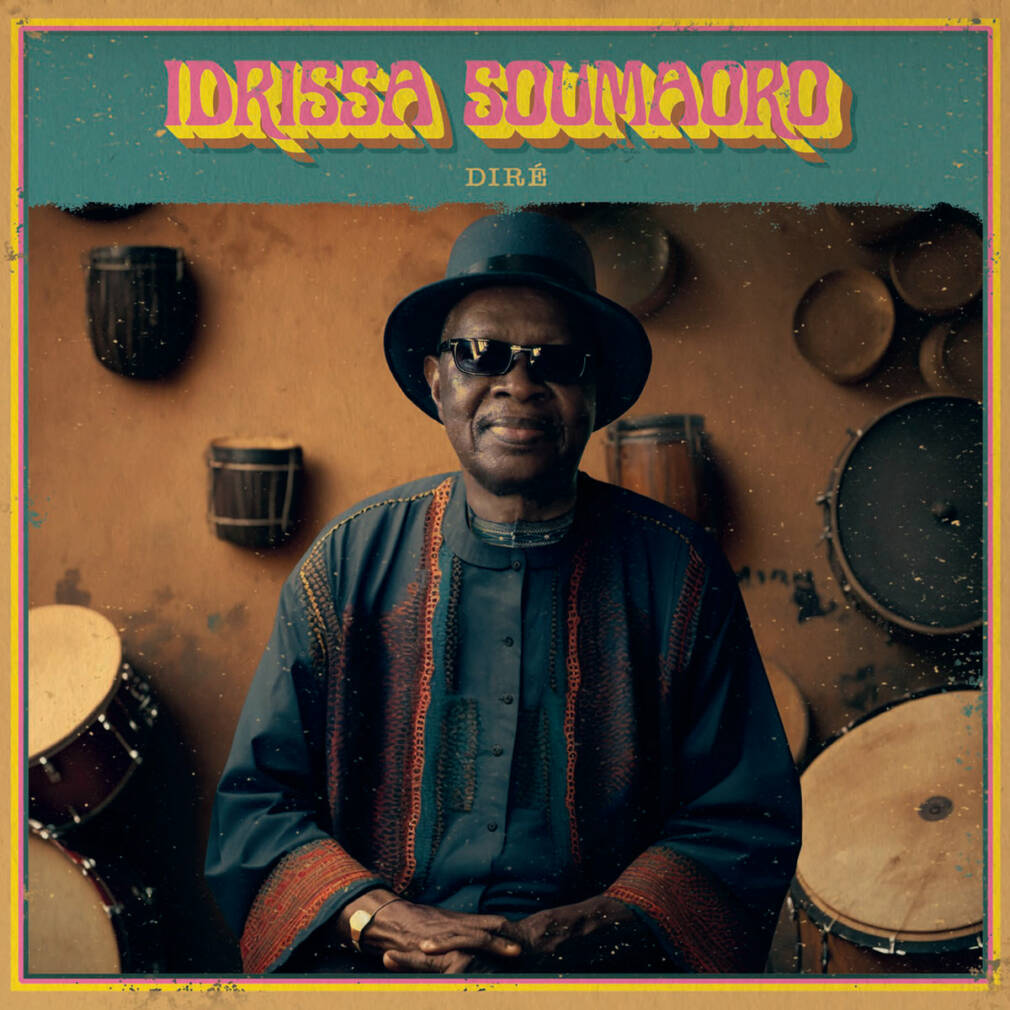
Diré
Idrissa Soumaoro
What a pleasure it is to hear the Malian guitarist and singer again, 13 years after his last album and almost half a century after the release of the album by the Eclipse orchestra he led when he was teaching at Mali’s Institut des Jeunes Aveugles. We find his singular voice, his immoderate taste for the blues and his ease in marrying it with the rhythms and instruments of a Mali of which he is certainly one of the fathers.
Listen here.
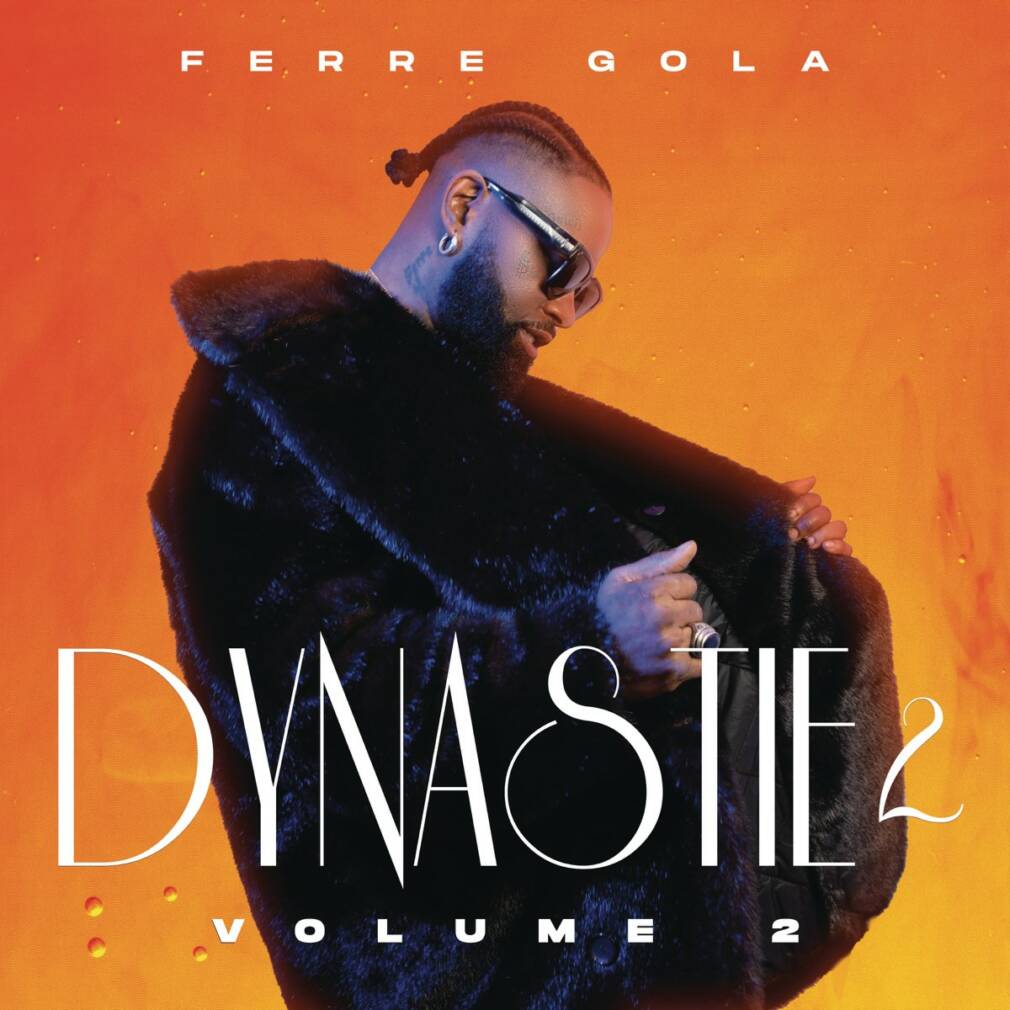
Dynastie 2 Volume 2
Ferre Gola
Padre Ferré Gola has been prolific over the past two years. After Dynastie in 2022, the year 2023 continues with Dynastie 2 – in 2 volumes. All in the same style, they also deserve a place on this list, the logical continuation of this ambassador of modern rumba. Featuring appearances by Modogo, the now doyen Malae from Lugendo, and the formidable prodigy Michel Bass. With 40 songs on Dynastie 2, lovers of the genre have enough to get them through the festive season, and indeed the whole of 2024.
Listen here.

Early Instrumentals
Duke
2023 was a year of Singeli fever. Of course we can count on Nyege Nyege Tapes to deliver a full album from an artist that captures Singeli’s taraab essence, hard and fast club style, and the joyful humor that often accompanies Singeli dance sessions. Kicking off with what sounds like an Vodacom internet ad, the rest of the project runs fast and shamelessly through break neck beats, crunchy productions, and futuristic twists on the burgeoning genre. Duke, who’s been concocting beats for the legendary Pamoja Records since just 18, gets the chance to pull together his many mutations onto a single disk. The terrifying “sebene funguo duke” might induce a seizure, but there’s plenty of time to smile to the cheeky melodies of “DUKE SEBENE AK 47” or “WADA PANGA 1”. A record best enjoyed on a heavy sound system.
Listen here.
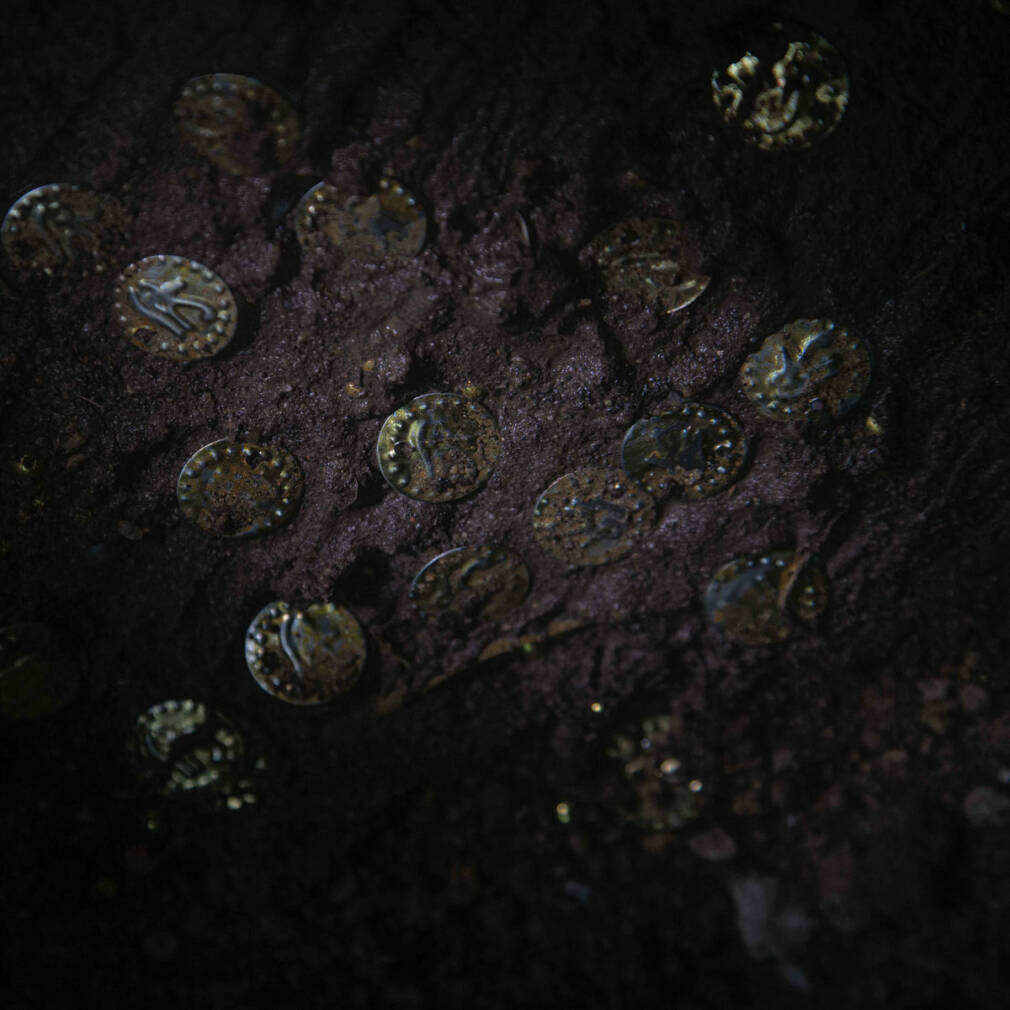
Ends Meet
3Phaz
A true pillar in the Cairo electronic scene, remaining anonymous behind his moniker, 3Phaz is known for his dark and explosive combination of traditional Shaabi sounds and Mahraganat with grime, techno and bass-heavy subcultures. However, on End Meets, the producer embraces a different atmosphere, less tense and more celebratory. The seven tracks, composed from hard hitting kicks, flinty hand drums, darting rhythmic excursions and traditional flute-like synth melodies, set a raw and ever-intriguing ambiance, which won’t leave you indifferent.
Listen here.
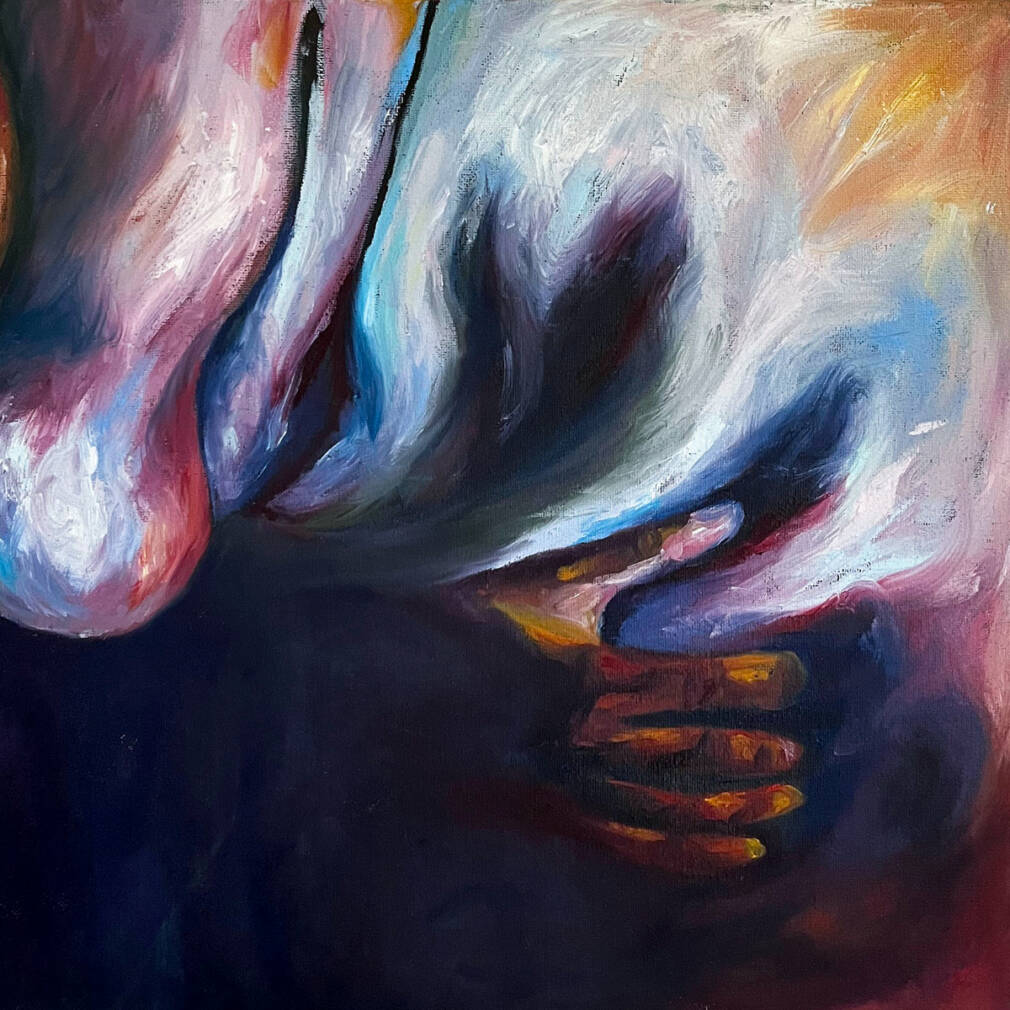
FEELING BODY
Nyokabi Kariũki
Experimental sound practitioner Nyokabi Kariũki is an avant-garde pioneer into Afro-ambient music. FEELING BODY, the dense, six track, 33 minute long EP mixes classical contemporary, experimental electronic, sound art, pop, film, and East African musical traditions for a body of work wholly its own. Deemed by Nyokabi as a “gripping meditation on healing and illness” after a hard-hit pandemic. “Subira” means “patience” in Swahili, and the last track, “Nazama”, means “I sink”. A proud torch bearer for her tribe’s language, local field recordings, and instruments like the mbira, this album is an experimental timestamp for Kariũki and her native Kenya.
Listen here.
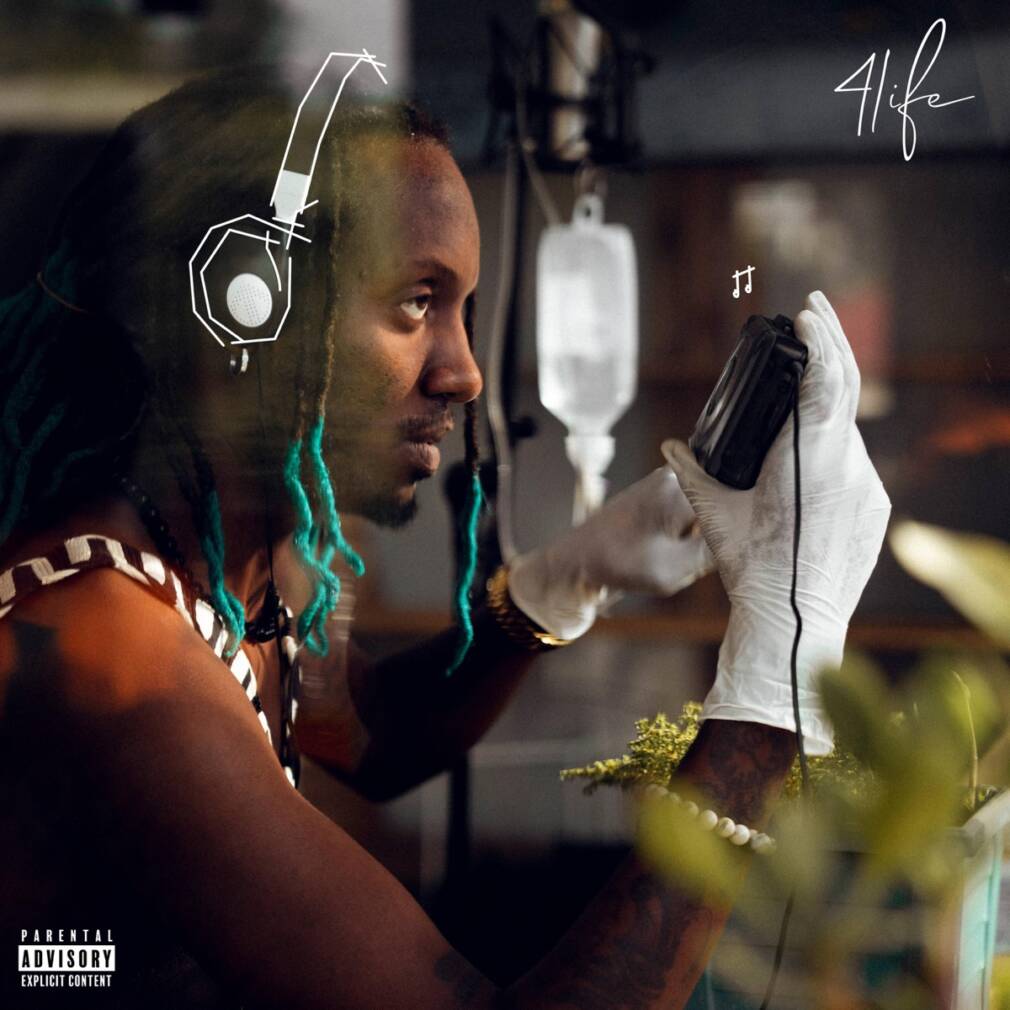
For Life
B-Threy
Kinyatrap leader and longtime figure on the Rwandan rap scene, B-Threy produced one of the most concise and powerful EPs of the scene this year. Rapped in Kinyarwanda the EP is a combination of the influences that have dripped into the Rwandan rap scene over the years. A bit of trap, a little drill, the more recent wave of shatta, and the singular experimentation of enigmatic producer and singer Yannick MYK. The album also hosts features from singer/rapper Angell Mutoni and rapper/poet Icenova on the closer “Love & Hate” who breathe new life into the project and speak to the broad potential within the Kigali scene. An album on the way, For Life is an apetizer for fans of B-Threy that announces big things on the horizon.
Listen here.
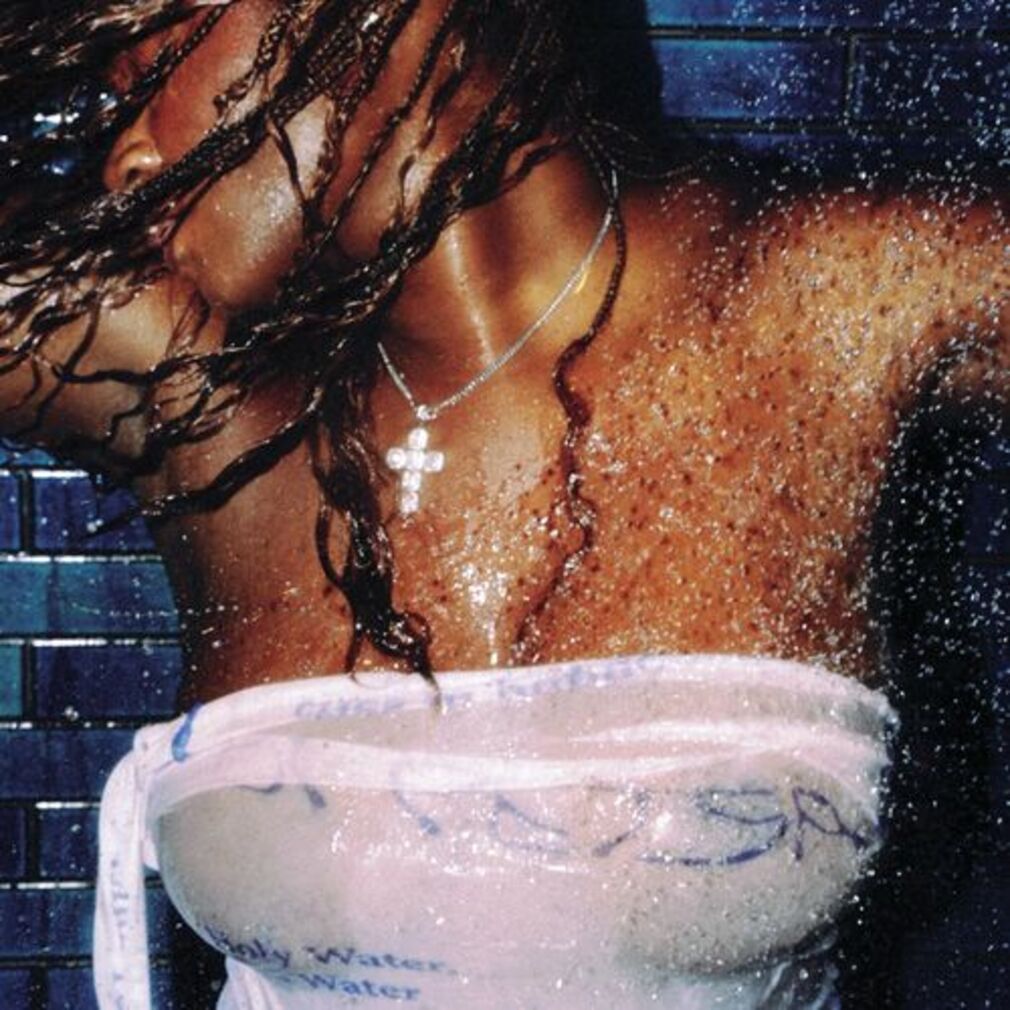
Fountain Baby
Amaarae
Ghanaian artist Amaarae is back with her second album, Fountain Baby. An album driven by Amaarae’s angelic, lascivious voice, which has enabled her to shine locally despite the dominance of Afrobeats and drill in Ghana. Fountain Baby is a sumptuous mix of alté, r&b and pop, which doesn’t hesitate to veer towards baile funk, dream pop, or even rock like with the tumultuous “Sex, Violence, Suicide”. Let your soul soar to the rhythms of the koto (flat Japanese harp), the dundun (Mandingo percussion) or the kora on this futuristic Afropop album. A nebulous album in tune with a youth seeking alternative forms of expression.
Listen here.
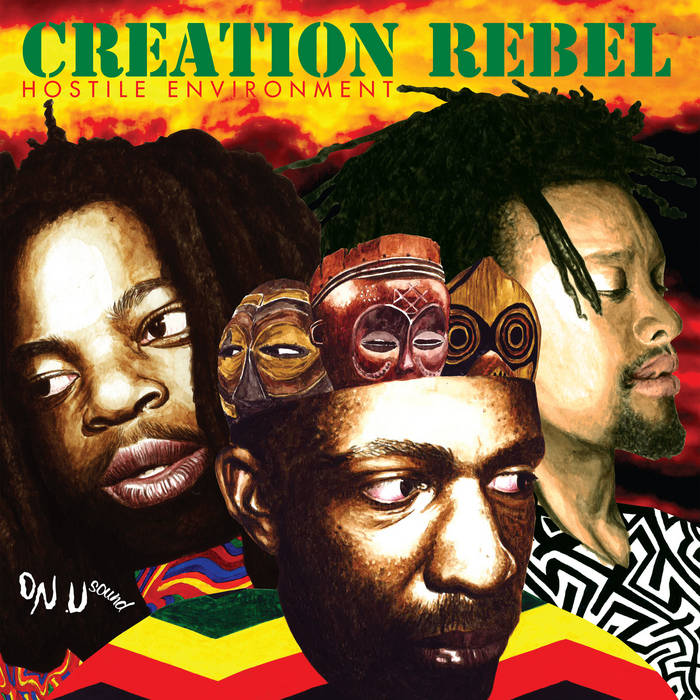
Hostile Environment
Creation Rebel
Hostile Environment is a major comeback for Creation Rebel, the legendary reggae band made up of Crucial Tony, Eskimo Fox and Magoo. In 40 years without releasing a project, the trio have lost none of their verve and commitment, the album’s title referring to former British Prime Minister Theresa May’s policy towards asylum seekers. Using archival recordings from their former leader, as well as contributions from Cyrus Richards, Gaudi and Daddy Freddy, the group presents a modern take on their heavyweight dubwise sound.
Listen here.
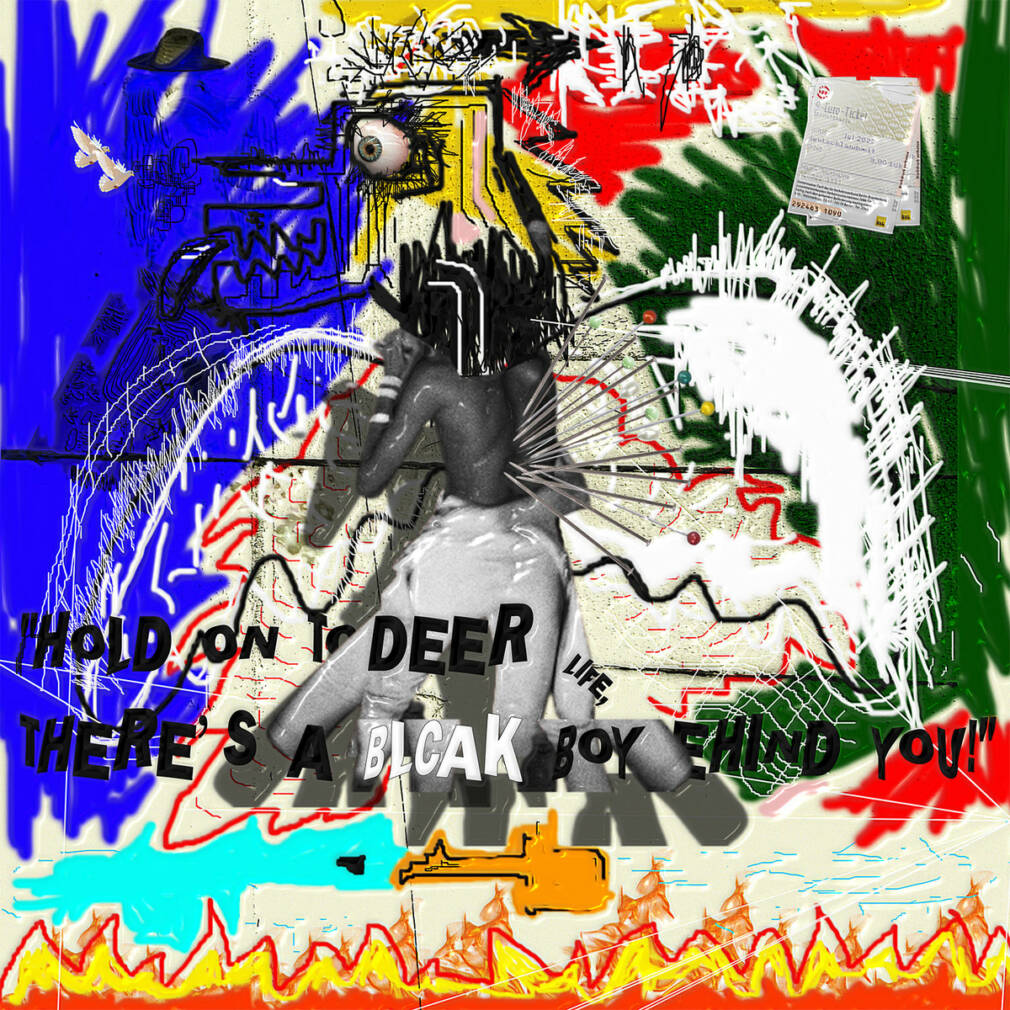
HOLD ON TO DEER LIFE, THERE’S A BLCAK BOY BEHIND YOU!
Kabeaushé
A few years ago, Kabeaushé described their music as “completely the opposite” of the hardcore electronic music of their colleagues on the Nyege Nyege Tapes label. On HODLTABBY, their new project, this distinction seems to be a little more blurred. Having been exposed to all kinds of radical music on several electronic festival tours, his music now seems to be imbued with much more weirdness, rawness and rave energy. “Kabeaushé could become anything,” the artist told us in 2022. “Kabeaushé could be a unicorn, Kabeaushé could be a rainbow, Kabeaushé could be an owl, Kabeaushé could be a vampire!“ Message received.
Listen here.
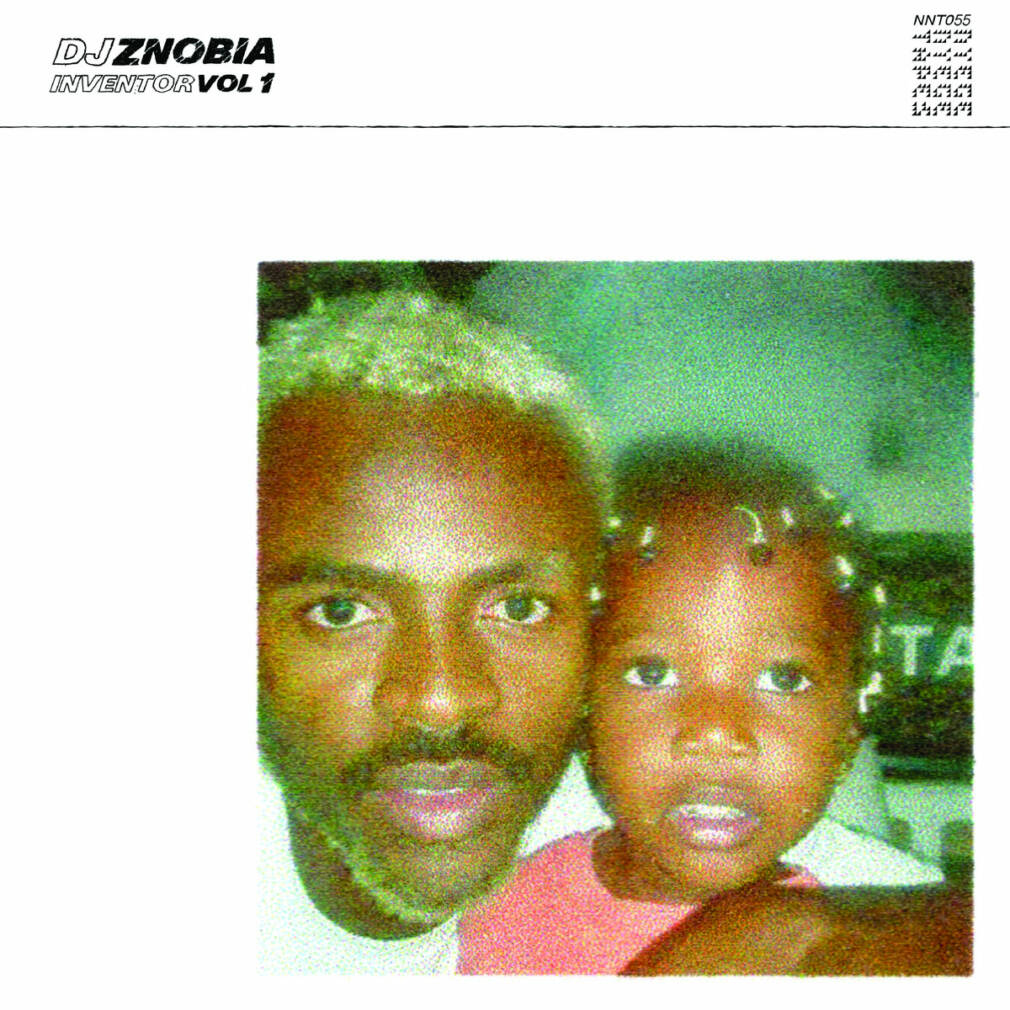
Inventor Vol. 1
DJ Znobia
In the late 1990s, DJ Znobia, born Sebastião Lopes, embarked on a journey to create a new genre that would capture the high energy and spirit of the city of Luanda, at the time entering the last decade of the Angolan civil war. Hours of experimenting different sounds on Fruity Loops, coupled with his sensibility for dancing, resulted in a new kind of music which would take the Lusofone world by storm: kuduro. Znobia’s innovative use of drum machines, synthesizers and comic vocals quickly installed him as one of the genre’s main producers and pioneers, leading him to collaborate with Buraka Som Sistema and M.I.A. Ugandan label Nyege Nyege Tapes dug into the artist’s 700 track archives and prepared four compilations. To be listened to almost as a historical piece, the 11 tracks of Vol. 1 are a fascinating throwback to the very first pieces of Angola’s digital musical modernism, which has since exceeded the limits of DJ Znobia’s computer.
Listen here.
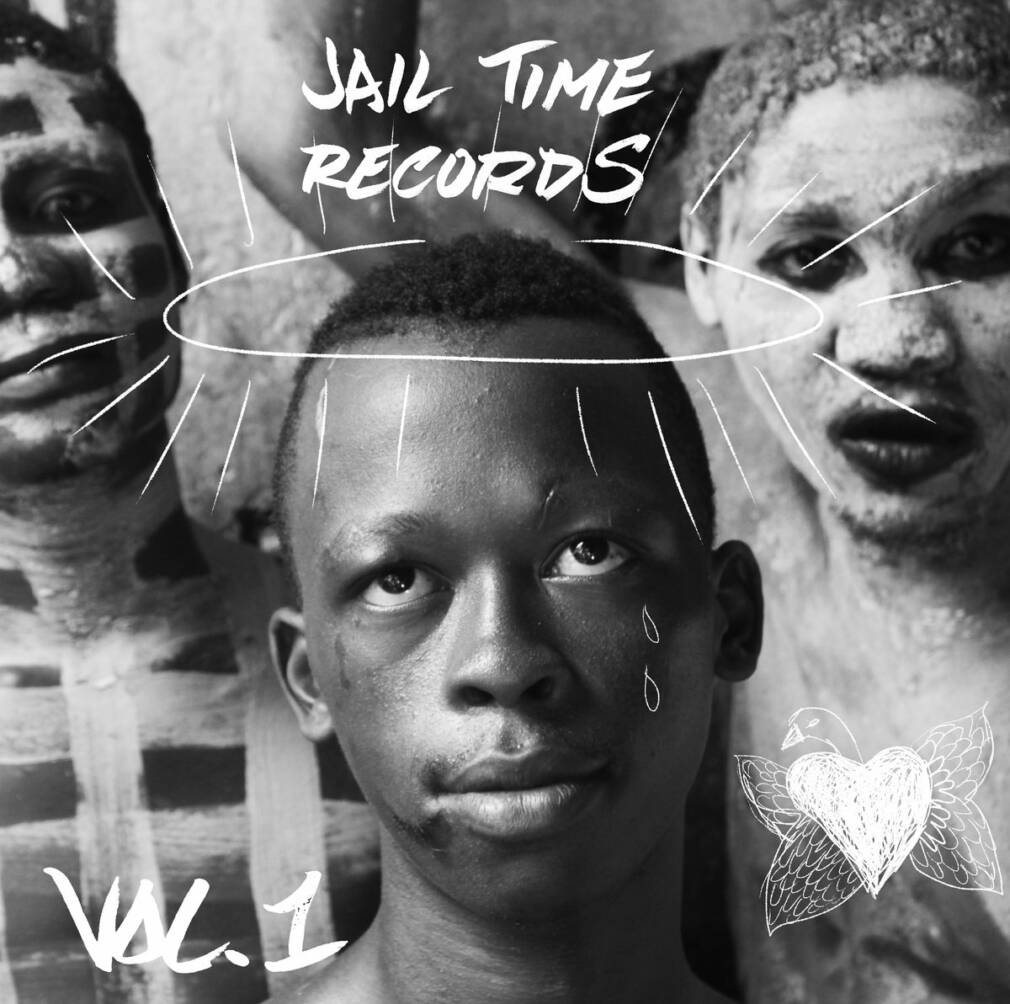
Jail Time, Vol. 1
Jail Time Records
Jail Time Records, a non-profit born inside the Central Prison of Douala in 2018, released their first compilation album featuring current and former detainees recording music within the prison walls that ranges from hip-hop and Afrobeats to amapiano and r&b. Though producer and co-founder Steve Happi encourages these budding artists to inject the music with sounds from their respective cultures and homes. The music is energetic and deeply personal. Sometimes expressing the raw sadness of a life that lead to prison, for others a cathartic release of pent up joy. Whether it’s the hardcore rap of ex guerrilla soldier Stone Larabik, the infectious rasp of Empereur, the local Ataluku drill of Kengol DJ, or the sweet sounds of Nigerian female detainee Jeje, each track is an adventure into a world often unseen, produced and expressed with an astonishing clarity.
Listen here.
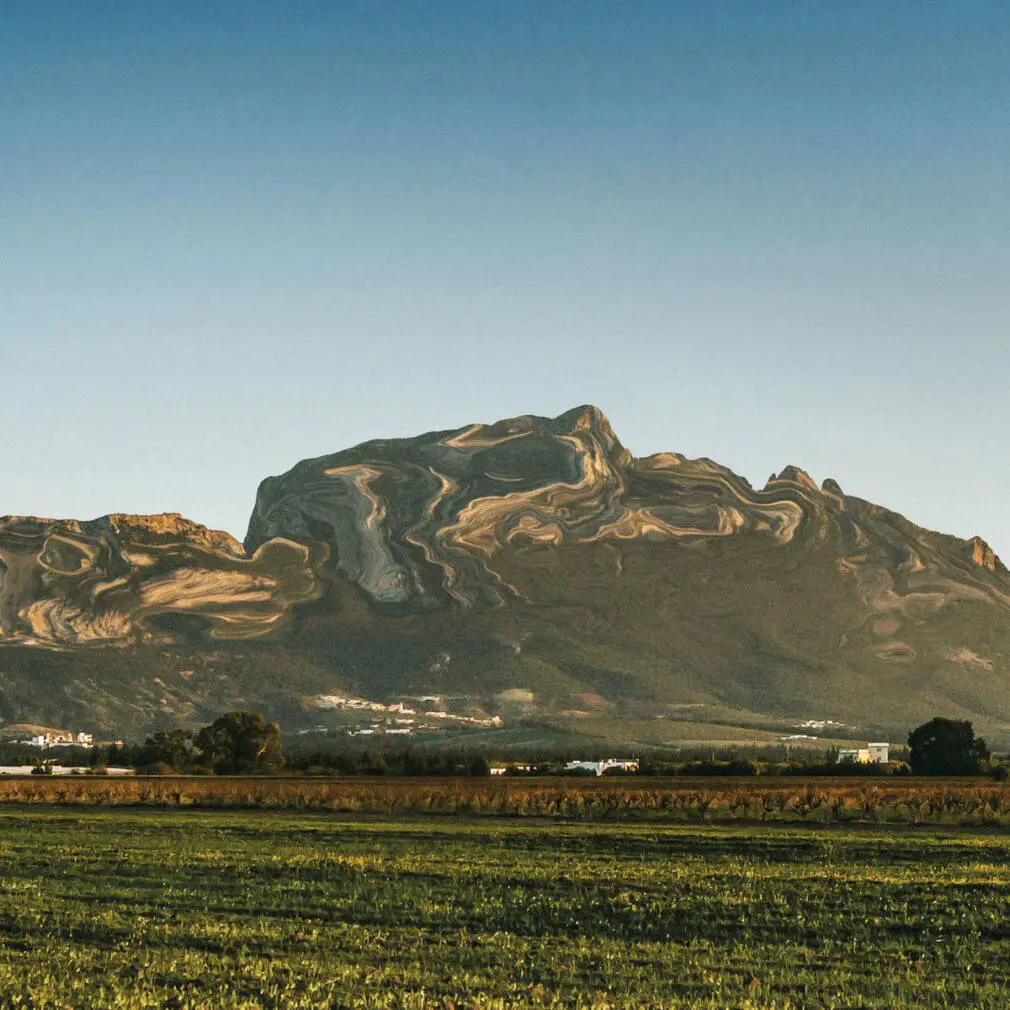
Jbal Rsas
Deena Abdelwahed
Titled in homage to Jebel Ressas, the second highest mountain near Tunis, Tunisian DJ and producer Deena Abdelwahed’s sophomore album is just as dizzying. Conceived as an electronic and techno exploration of the different musical currents of what is commonly known as the “Arab World”, the producer blends traditional drum lines and dance rhythms with her trademark electronic production elements: techno bass, futuristic synthesizers, percussive drums and apocalyptic atmospheres. The artist’s voice provides an organic contrast to the sound, exploring themes of identity, narrative and experimentation on tracks such as “Each day” and “Violence for free”. Last but not least, there are strong references to mahraganat, the electronic music of the Egyptian streets that has become “the most listened to music in the country” despite being banned by the conservative government. A fantastic picture of what “Arab post-club music” represents today.
Listen here.
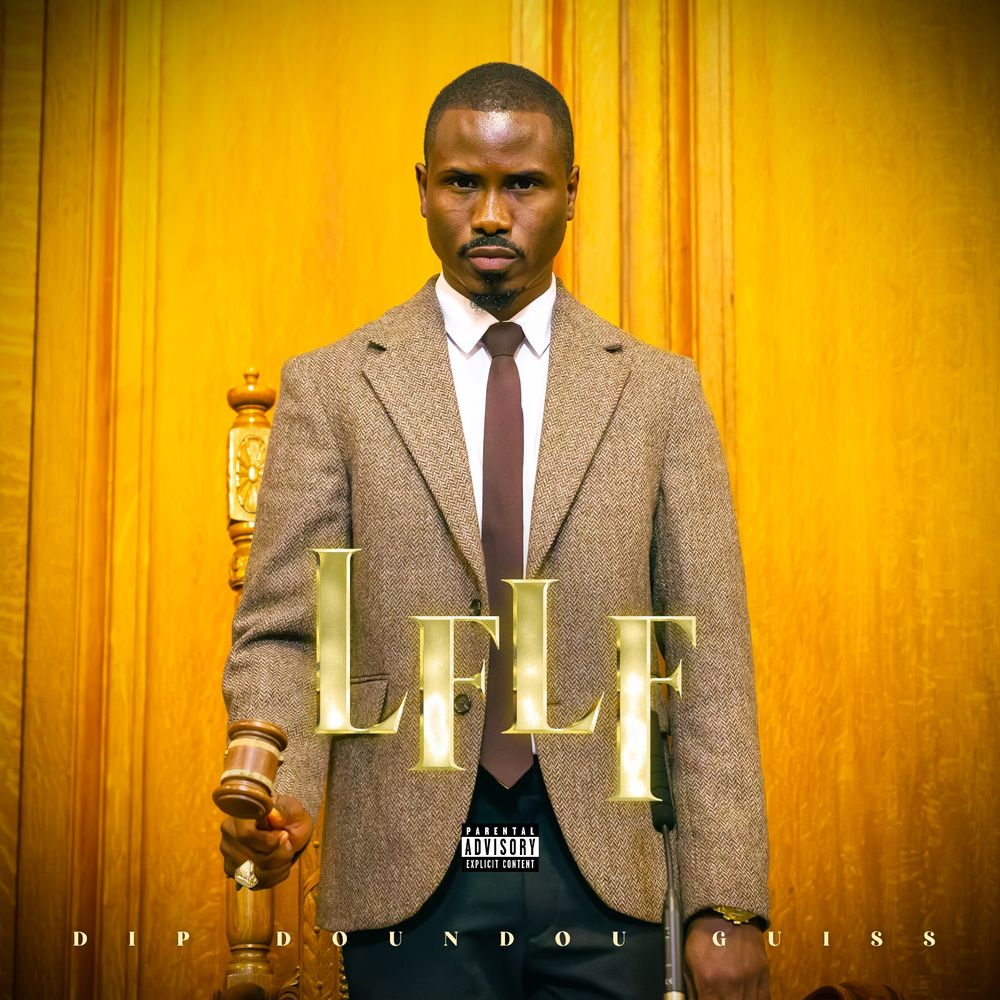
Dip Doundou Guiss
LFLF
“Lep Fi Laniou Fek”: “We have all been witnesses”. The new album LFLF from Senegalese hip-hop icon Dip Doundou Guiss is an introspective journey exploring the artist’s personal experiences and cultural heritage. The artist’s 4th album, this project confirms the rapper’s lyricism, as well as the undeniable talent and vitality of the Senegalese rap scene.
Listen here.

Mádibá
Blick Bassy
Back after 4 years, the Cameroonian artist marks his return with a militant ballad. Mádibá, “water” in Douala, is the name and central theme of Blick Bassy’s new album. In this album, the artist embodies all kinds of life forms to depict the ecological emergency we are living through. Part animal, part spirit, he slips into each role with perfection, plunging us into the heart of a universe of duality where urgency and serenity coexist. The artist refuses to accept the myth of the African artist confined to traditional music, and offers us an album of sublime modernity. Blues melodies are carried by the lulling sweetness of his voice. Synthesizers and electronic productions accompany the activist’s folk guitar, immersing us beautifully in this call for help.
Listen here.
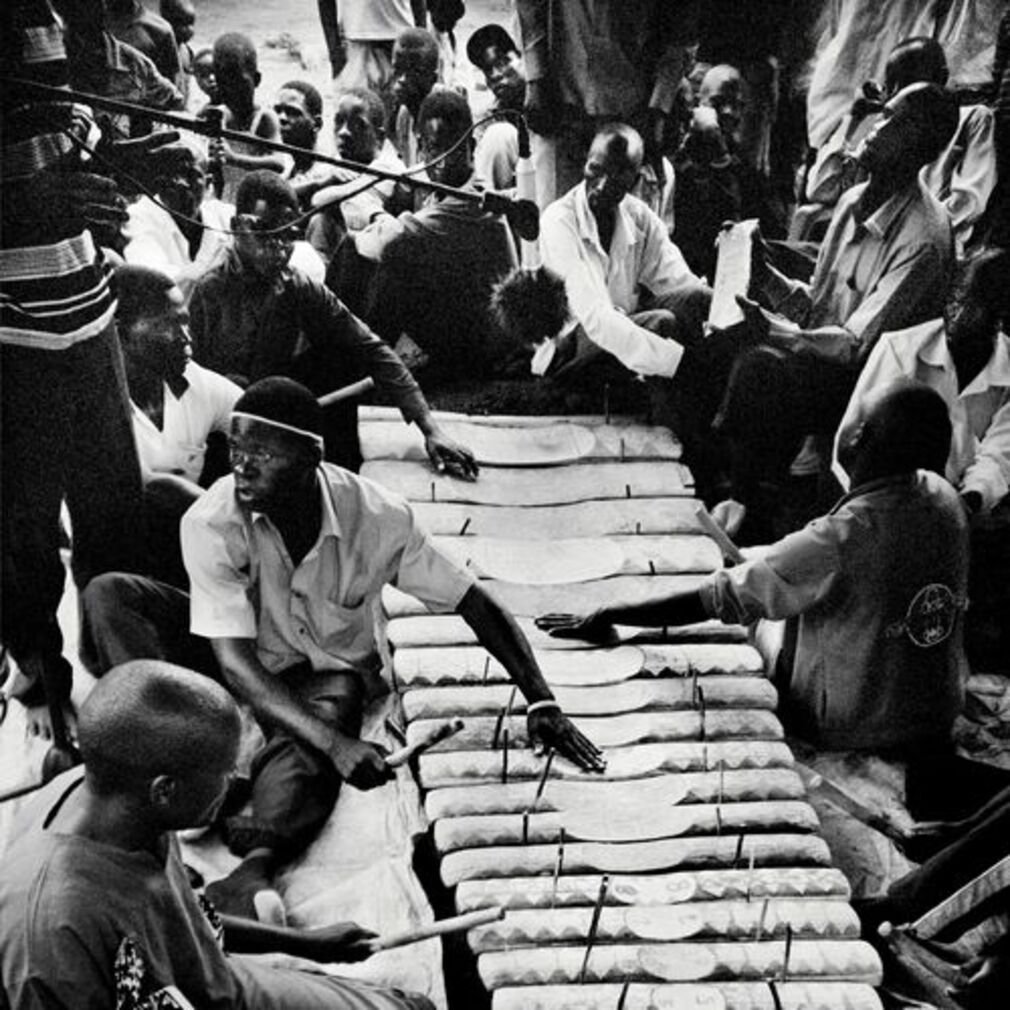
Nakibembe Embaire Group
Nakibembe Embaire Group
The Nakibembe xylophone troupe, originally from Uganda, is known for its songs and performances on a large ensemble instrument called the embaire. The embaire is a large wooden xylophone played by up to eight musicians simultaneously, weaving short melodic phrases. Ensemble members also sing in unison or in call-and-response, playing with other percussion instruments to maintain the tempo. On this debut album, the band, who have already performed at Berlin’s Berghain, offer us five tracks as an ensemble and three accompanied by Indonesian trio Gabber Modus Operandi. Percussive phases alternate with vocals sung in Lusoga (a Bantu language spoken by the Soga population in Uganda), creating a cloud of harmony with an accelerating tempo at times evoking sounds that have infiltrated European experimental electro. The album seems to detach itself from any form of temporality in its incessant polyrhythm.
Listen here.

Ngo Ma
IzangoMa
IzangoMa was founded in 2016 by South Africans Sibusile Xaba (vocals/keyboards) and Ashley Kgabo (synths/snare drum/drum machine). By February 2021, the duo had grown into a sizeable collective consisting of musicians from the vibrant community of artists based in Pretoria. By December that year, IzangoMa were ready to record their experiments. They camped out for a full week in KwaZulu-Natal, where Sibusile’s Mozambique band joined them. A few more members had come; the collective had grown into a fifteen-piece orchestra and they delivered the impressive Ngo Ma, a cosmic hybridization of harmonies, spiritual chants and electronic sounds mixed in a jumble. An experience that unbalances the senses while retaining a refreshing insouciance, set off on a musical trip with IzangoMa and their magnificent Ngo Ma.
Listen here.
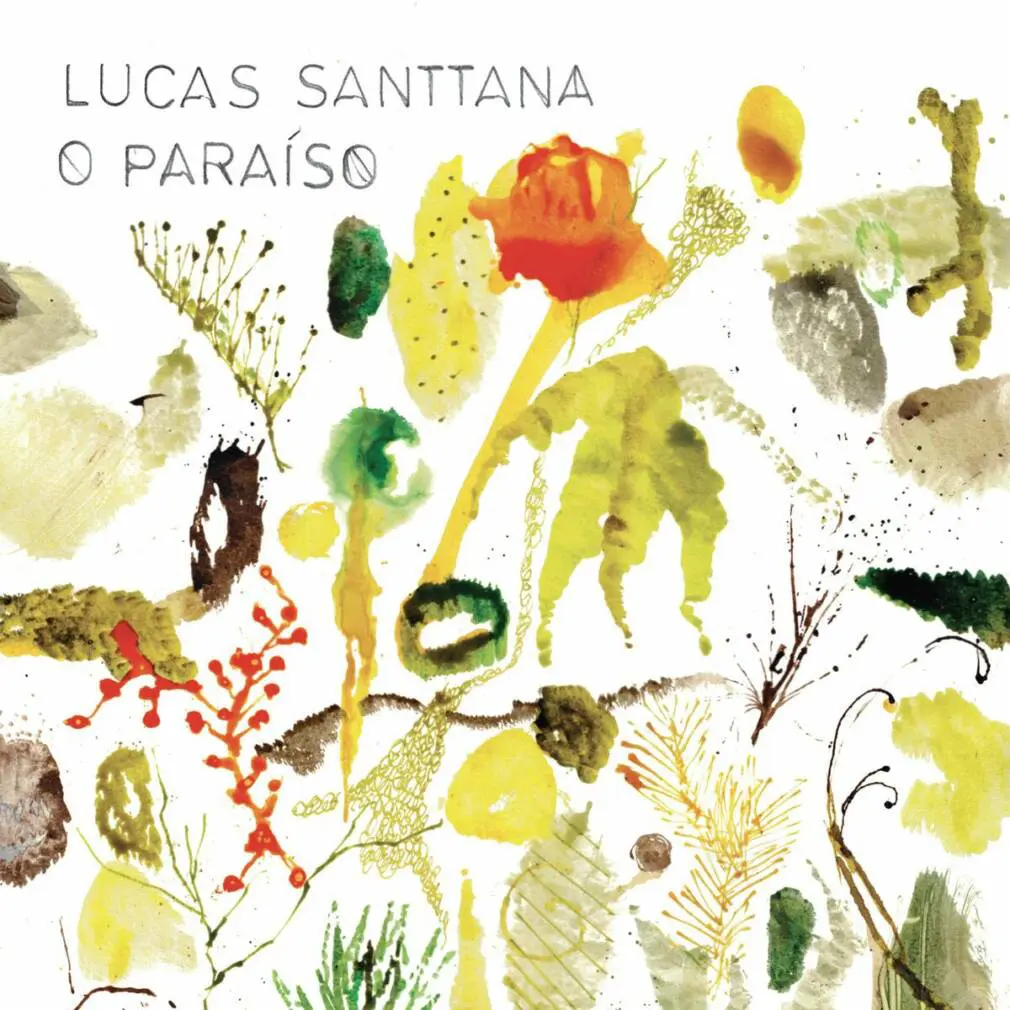
O Paraíso
Lucas Santtana
The ninth solo album from Bahian Lucas Santtana, O Paraíso‘s ten songs urge us to change our lives and our ways of thinking. “paradise,” he proclaims, “is here.” In keeping with the Brazilian genius for treating serious subjects with joyful elegance, this album is gently built up by recordings of acoustic guitar, organic percussion and brass, enriched by textures played on synthesizers. Forró, samba, bossa nova: O Paraíso crosses genres and puts itself at the service of an idea that’s more topical than ever: we humans belong to the earth, not the other way around.
Listen here.
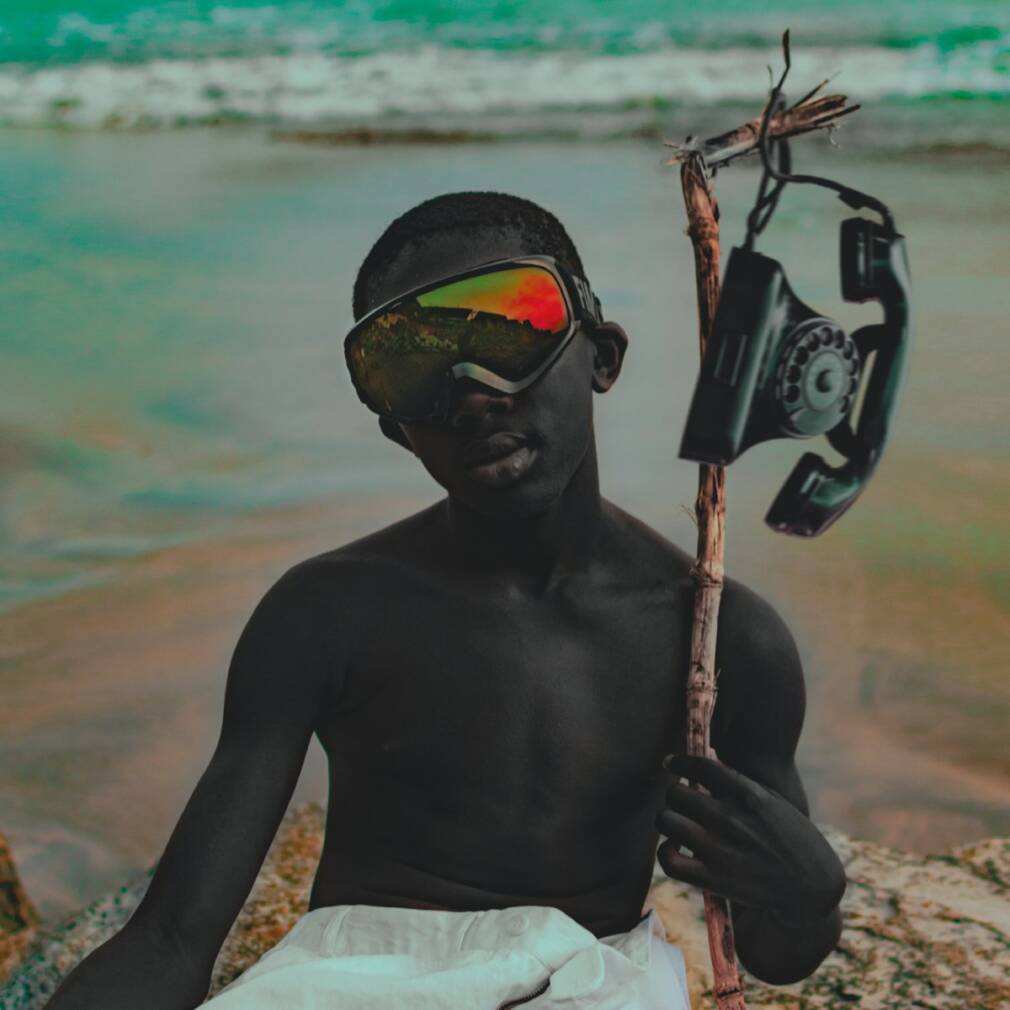
Off The Grid
ONIPA
Afrofuturist Ghanaian-British collective ONIPA returns with Off The Grid. Attentive listeners will not be disappointed by this second full-length album, which brings together the ingredients of the band’s success: powerful groove, lead vocalist K.O.G’s irresistible melodies, and a surprising dive into rougher and more electronic territories like on “Danger” and “Fine Tho”. The album was conceptualized as “a journey that joins the origin story of dance rhythms from Africa to electronic dance music of today’s clubs and festivals”. Collaborators include David Walters, Dele Sosimi, Moonchild Sanelly and Theon Cross.
Listen here.
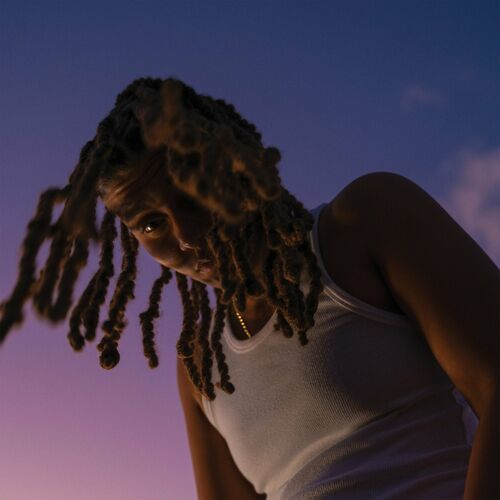
Ozoror
Meryl
Ozoror navigates between trap and sunnier, shatta-inspired productions. This is hardly surprising, given that the album was produced in collaboration with DJ Natoxie, a producer renowned for his shatta hits. The album is also a declaration of love from Meryl to her fans and her island. From the woman who rapped in 2020 “je veux pas mourir ici comme Johnny” (I don’t want to die here like Johnny) we get two sounds in Creole, “Lovestory” and “Dumb”.
Listen here.

PANICO NO SUBMUNDO
DJ K
Submundo: “a group of outsiders or delinquents considered as an organized social group”. The stage is thus set for PANICO NO SUBMUNDO, the new album by São Paulo prodigy DJ K. The strident peaks, gloomy vocals, 30-second transitions and ear-shaking bass plunge us straight into the phantasmagorical world and organized bazaar of Helipa’s baile. A live transmission of today’s explosive favela walls.
Listen here.
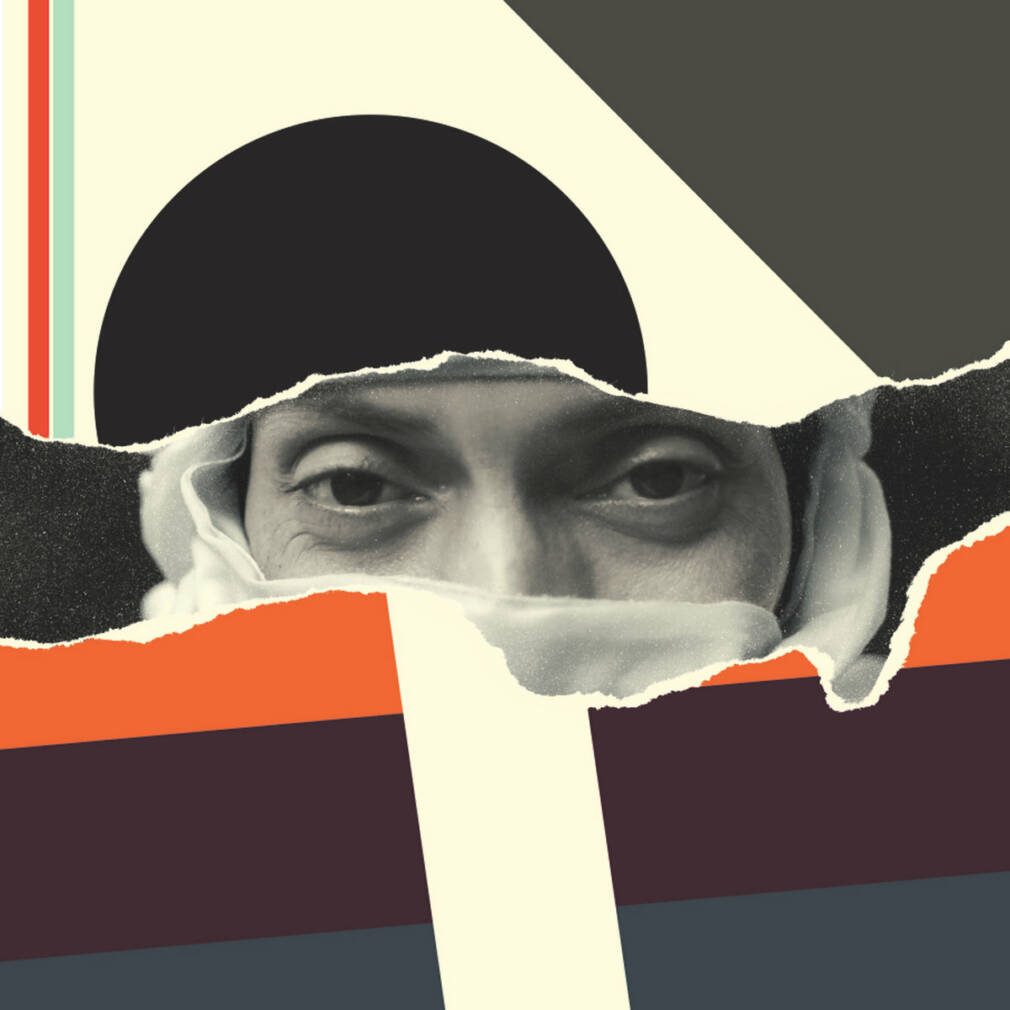
Bombino
Sahel
Five years following Deran, the Nigerien guitarist’s iconic album which went as far as being nominated for a Grammy Award, Bombino is back with Sahel, recorded in Casablanca, Morocco. While the artist is known as the ambassador of “Tuareg blues”, this new album is full of hybridisations with other styles, such as reggae in some of the rhythms (“Si Chilan”, “Ayo Nigla”), or rock in the electricity of some of the tracks (“Darfuq”, “Tazidert”). The themes of the various songs alternate between political messages, such as the call for Tuareg unity in “Aïtma”, and personal experiences, such as “Mes amis” and its dedication to Azel’s hostel in Agadez.
Listen here.
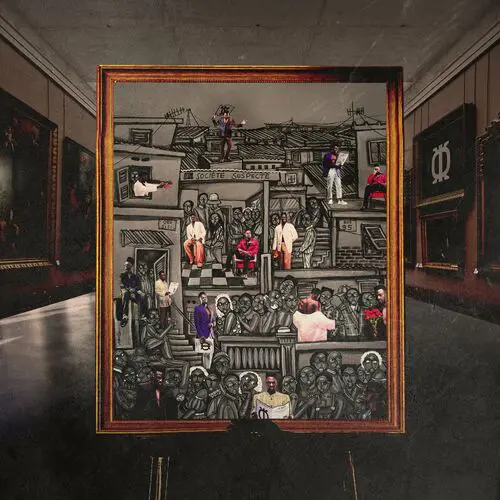
Société Suspecte
Suspect 95
PAM took you backstage at the Abidjan studio where “Société suspecte” was recorded, the song that gave its title to the album by one of the rising stars of Ivory Coast rap (“African rap”, he corrects in one of his tracks). Youssoupha – who has made his home here – is the guest star, but beyond the choice featuring, the album brings together the facets of an artist who knows perfectly how to marry a flow and hard-hitting lyrics, and musical colors that navigate between sounds of the terroir, zouglou backing vocals, and hip-hop productions with basses swollen like the biscotos of “syndicats” (the name of his community of fans).
Listen here.
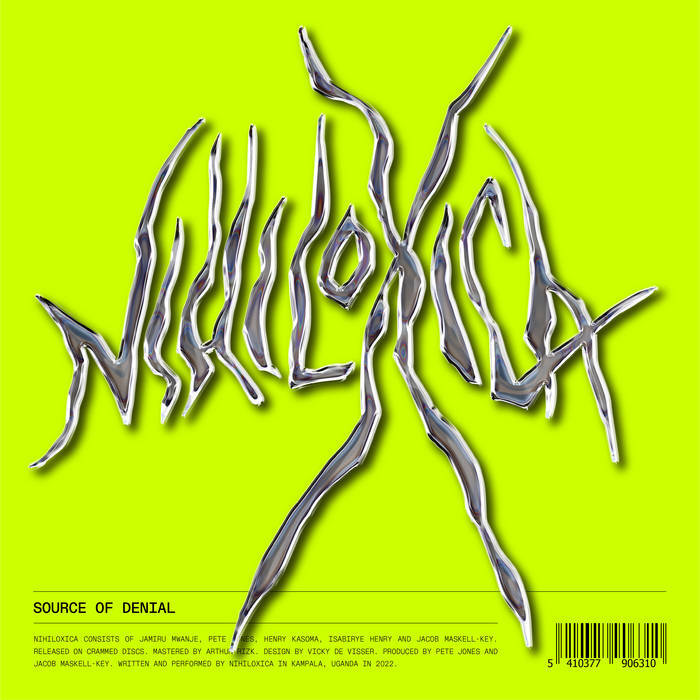
Source of Denial
Nihiloxica
The result of a successful addition of Ugandan percussionists from the Nilotika Cultural Ensemble with two young producers from Leeds – fans of Refused and Aphex Twin -, polyrhythmic group Nihiloxica has put Kampala on the map of the most energetic African cities. On Source of Denial, their second LP, the group further blurs the lines between techno and tradition, fusing Bugandan ngoma drums with heavy club sounds to impose an apocalyptic and dystopian atmosphere. This is deliberate. The album is a reaction to the recent hostile immigration and freedom of movement policies implemented in the UK. “We wanted to create the sense of being in the endless, bureaucratic hell-hole of attempting to travel to a foreign country that deems itself superior to where you’re from. […] The arrogance of it is unbearable. […] Despite some other serious humanitarian shortcomings, Uganda accepts some of the highest numbers of refugees in the world. Meanwhile the UK is trying to send them away to Rwanda. That says it all.” – Nihiloxica
Listen here.
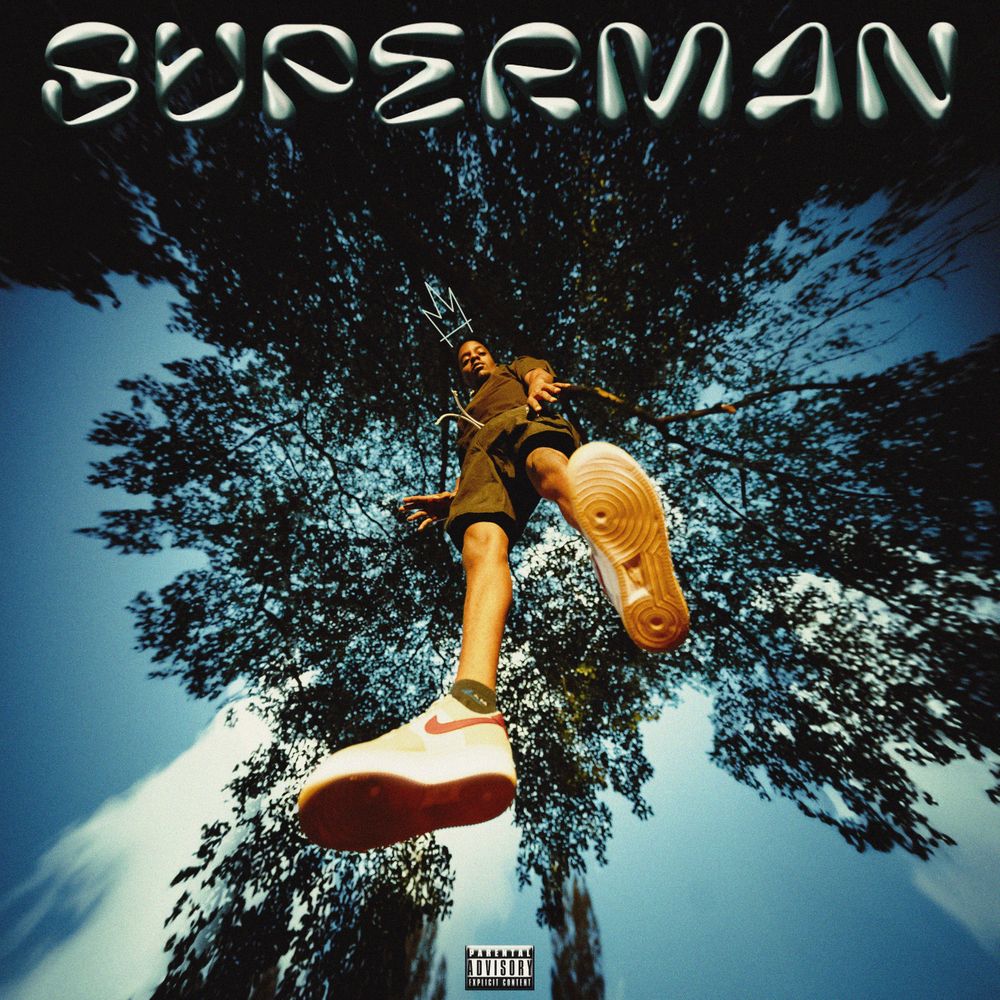
Superman
Kenny K-Shot
Longtime Rwandan rap figure Kenny K-Shot takes a new turn on his latest album Superman. On this project the artist explores a softer side, opening up into a new form of Afro-fusion and leaning further into English. It’s a direction that has garnered doubt among his peers, as Kenny K-Shot told us in a recent interview, but the artist has global ambitions, and an attitude that asks why not. As a leader on the scene, Kenny brings together Rwanda singer Kivumbi King and another rap all-star Logan Joe. Although it’s the jersey drill production on “Low Key” with Rwandan neo-soul singer Nikita Heaven that is the standout single. As the title implies, there’s not much this artist won’t try. Superman is bubbling with global potential in a scene finally getting its flowers.
Listen here.
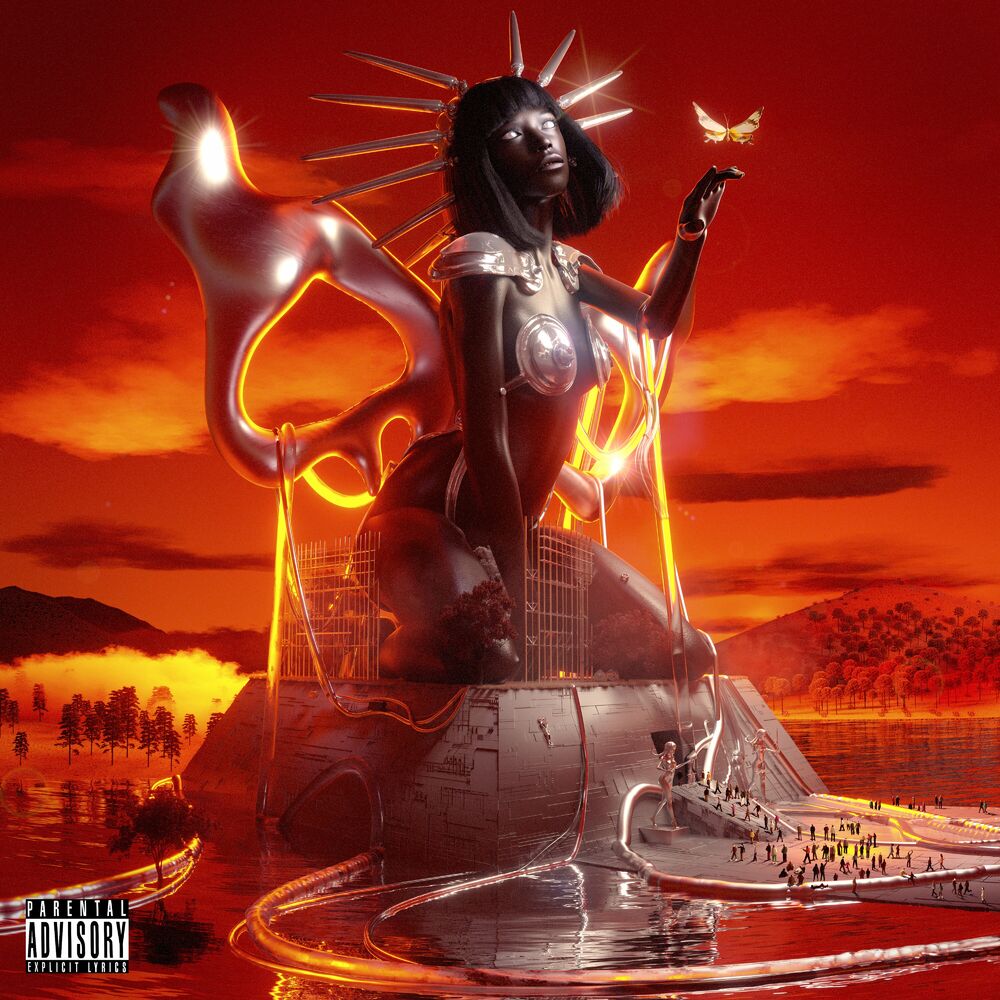
Sweet Justice
Tkay Maidza
After the Last Year Was Weird trilogy, Zimbabwe, Autralian raised rapper Tkay Maidza is back with Sweet Justice, a turning point for Tkay psychologically and musically leaning into the hypnotic productions of deep house, r&b alchemist Kaytranada. But Tkay can’t run too far from her essence. “WUACV” (woke up and chose violence), “Silent Assassin” (produced by Flume) and “Ring-a-Ling” all call back to the rage that had Tkay “imagining [herself] as a superhero” in her childhood bedroom. The album shamelessly combines elements of cheesy pop, forward thinking EDM the hardcore rap we came to love. Speaking to PAM Tkay said, “I find it fun to lean into rage… this is my calling and I can do it in a way that’s sarcastic, and it can be chill, but you can still mosh to it.” A fitting summary of Sweet Justice as an album.
Listen here.
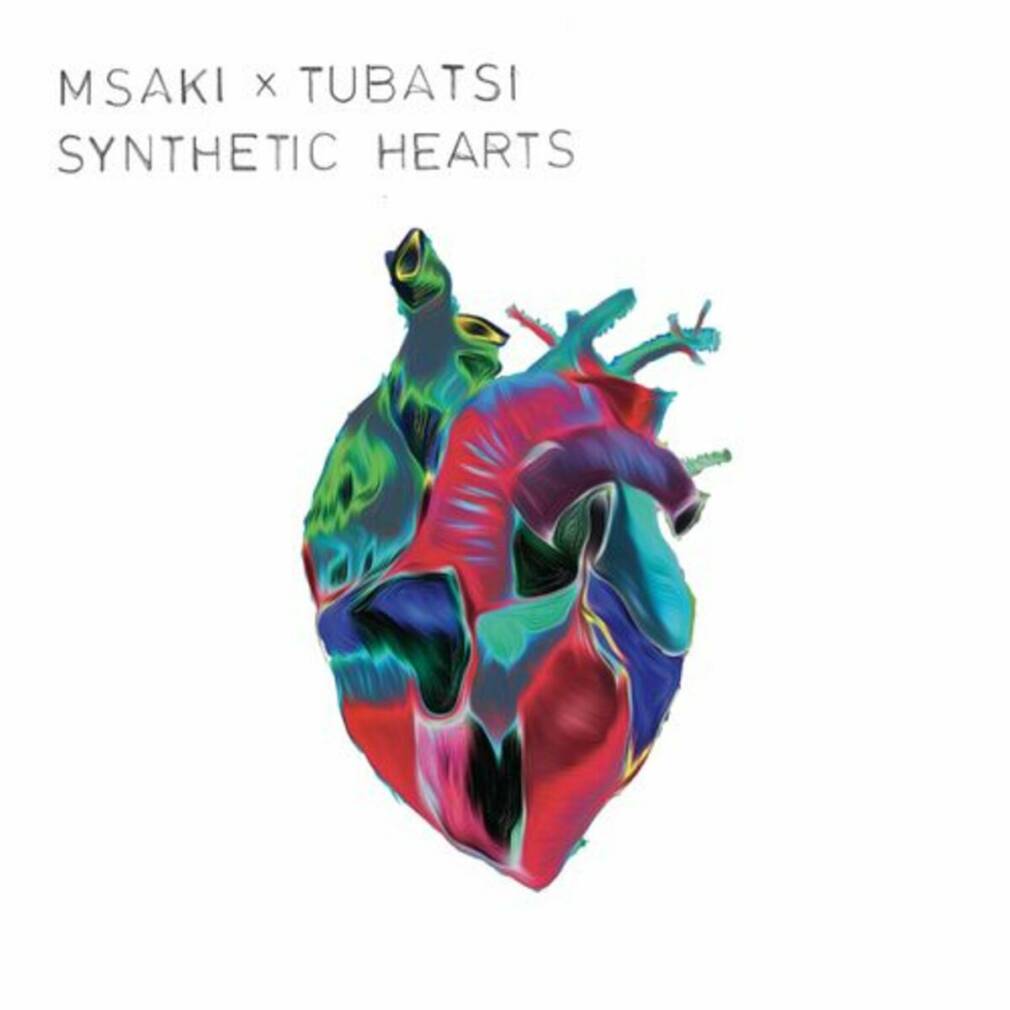
Synthetic Hearts
Msaki x Tubatsi
In April 2021, Msaki, Tubatsi Mpho Moloi and French cellist Clément Petit settled in for a week at Nirox, a distinguished artistic residence an hour’s drive from Johannesburg. As autumn fell on the country, the three musicians worked for a week in the bright cold of the South African winter. The result? Synthetic Hearts, an intimate, alternative folk project, a poetic testimony to the beautiful, ephemeral parenthesis the three artists shared during those cold, peaceful days.
Listen here.
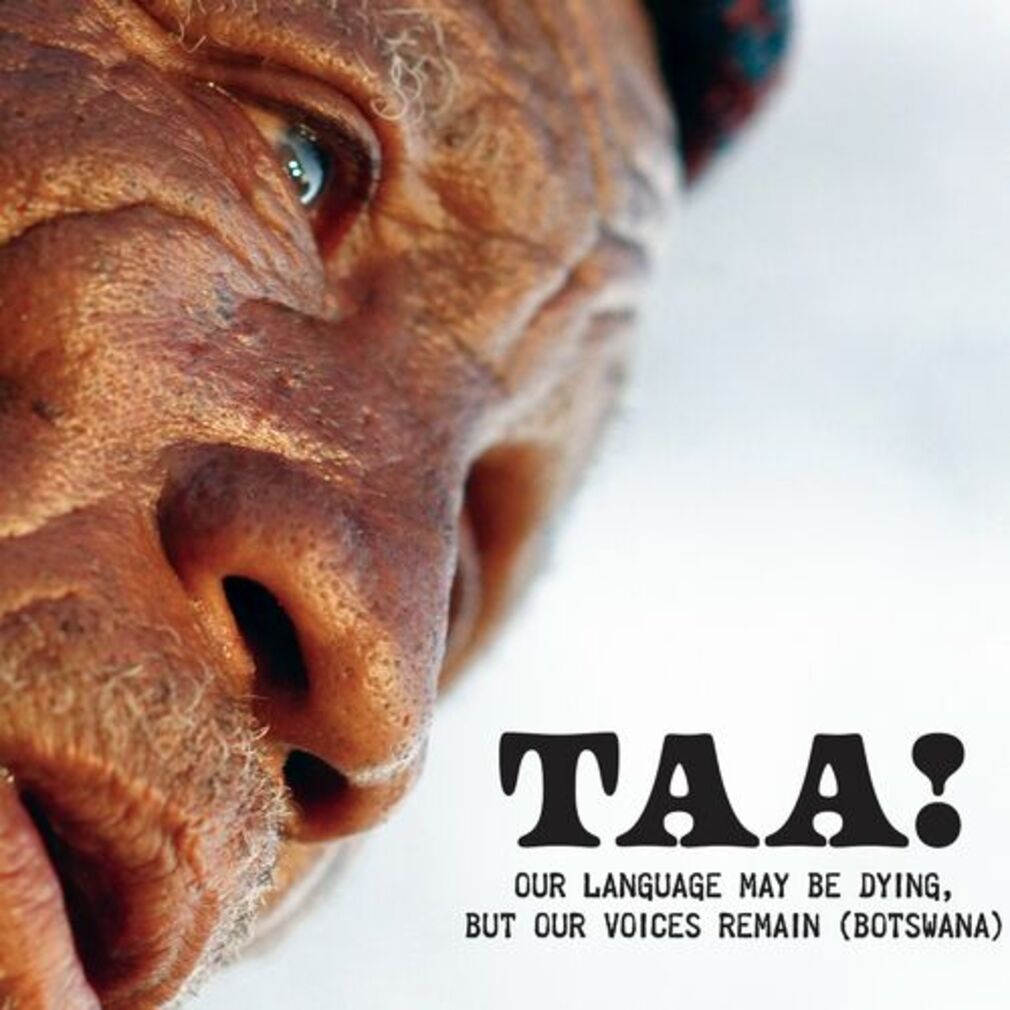
Taa! Our Language May Be Dying but Our Voices Remain
Various Artists
Taa! Our Language May Be Dying but Our Voices Remain is a magnificent album, but more than that, it’s a sublime project to preserve a rich cultural heritage in musical form. Producer Iann Brennan traveled to Botswana as part of Glitterbeat’s Hidden Musics series to record songs in the Taa language. This language has 112 sounds, making it one of the richest languages in the world, but with just 2,500 speakers, it’s a dying language. The album is above all composed of shamanic chants, prayers and mantras repeated in a ghostly atmosphere. These repetitions convey complex thoughts as much through the lyrics as through the jangling sounds of Taa. Accompanied by the sweetness of kalimbas and a few percussive notes, Taa! Our language May Be Dying but Our Voices Remain is a musical gem, but also an important trace of a language of rare complexity that should be preserved.
Listen here.
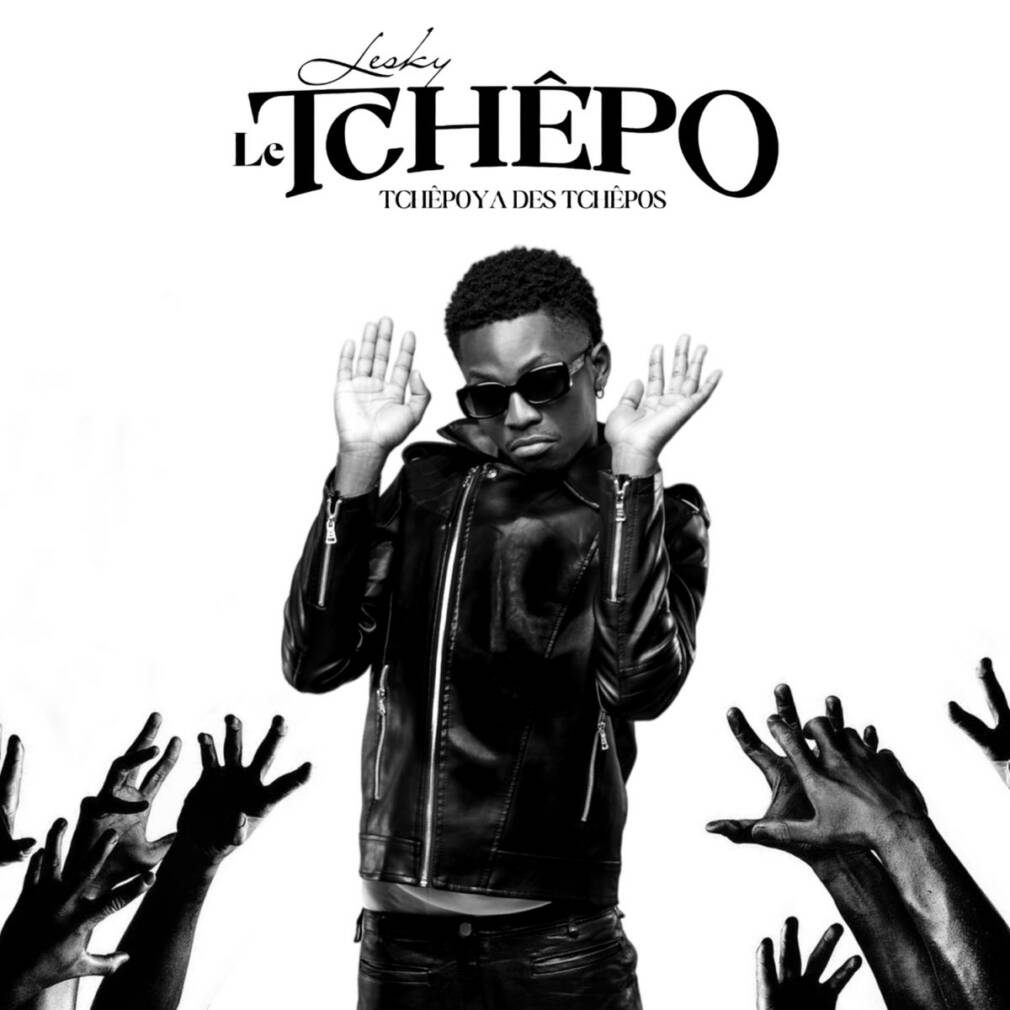
Tchêpoya des Tchêpos
Lesky Le Tchêpo
Ivorian rap newcomer Lesky has been taking the local rap scene by storm. With his colorful voice reminiscent of some of Atlanta’s contemporary trappers, Lesky is able to blend his flow into trap, drill, and mbalax beats. Taking a critical approach to Ivorian society on “Y’a Pas Travail” (There’s No Work) or on “Tout est Loué” (Everything is Rented) Lesky is branching out from his fun-loving style to become of a voice of young Ivorians.
Listen here.
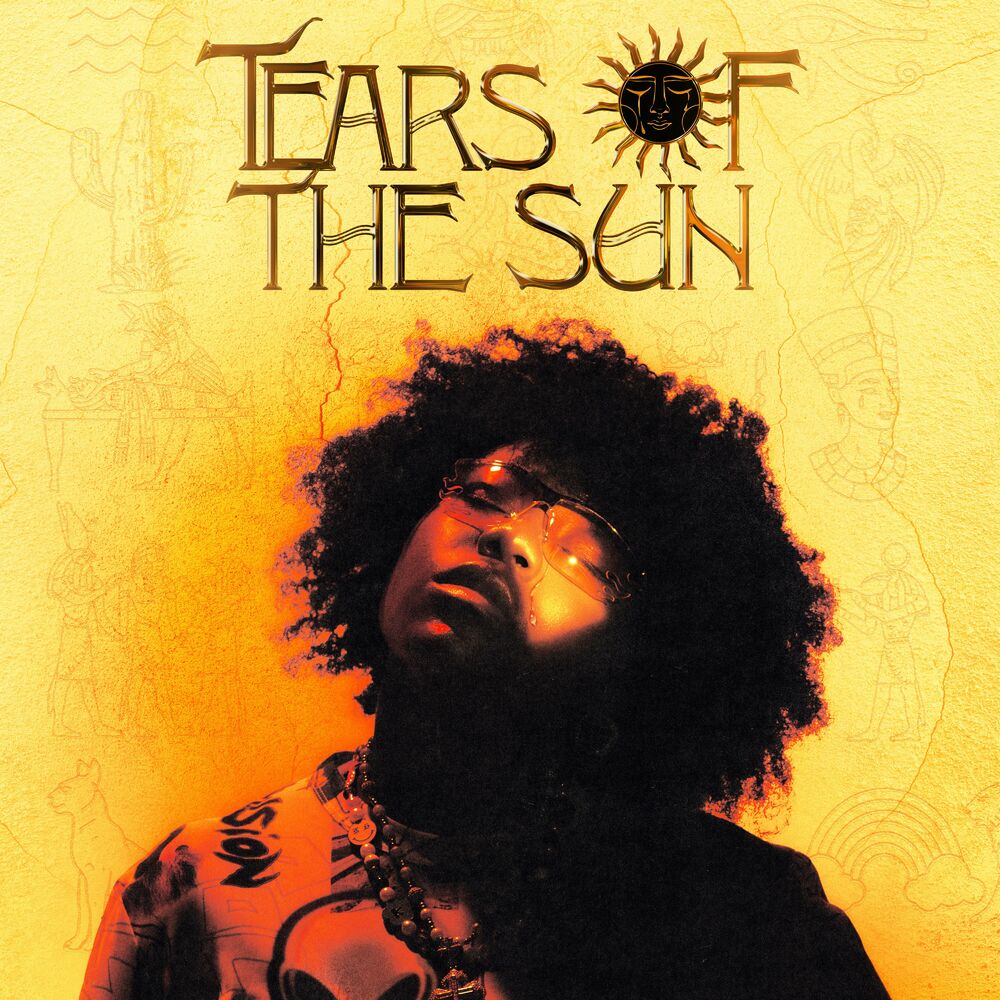
TEARS OF THE SUN
Teni
It was a different Teni we discovered when the first singles from TEARS OF THE SUN were released. Indeed, the Nigerian singer had swapped her fun-loving girly look, which had made her a success on tracks like “Case”, for a much more stylish persona, largely inspired by the local “alté” culture, and an artist much more confident and to the point about her identity. The success of “No Days Off” bears witness to this, as does the new energy the singer brings to “Ino” with Made Kuti and “Devil Dance” featuring ODUMODUBLVCK. TEARS OF THE SUN is indeed a revival for the woman who was still called “The Entertainer” not so long ago, and who now seems to be concentrating more on her music and proud display of her identity.
Listen here.
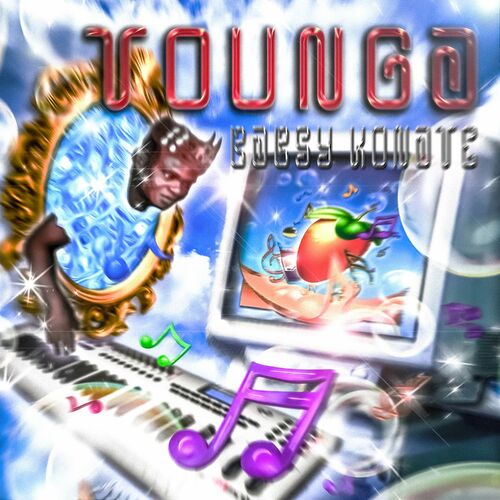
Tounga
Babsy Konaté
Malian rapper Baba “Babsy” Konaté is a figurehead of “Gao Rap”, a mix of traditional sounds, electric guitars with ragga and auto-tuned beats. Tounga is Babsy’s first solo release, a tribute to the aesthetics of the 2000s with auto tuned vocals, drum loops, digital harpsichord and fruity sample packs. This does not stop the project from swimming in an ocean of influences: the traditional takamba from Northern Mali (used by the Songhoi but also the Tamacheks), Hausa film soundtracks from Nigeria, hip-hop from Bamako and ragga from Niamey. With its hyper kitsch collages and its lo-fi universe, it could be mislabeled as a SoundCloud experiment, but the diversity of themes and sounds present the undeniable brilliance of this mixtape. From the love ballad to the spiritual reprise, Babsy tests without limit and creates a new style which belongs to him.
Listen here.
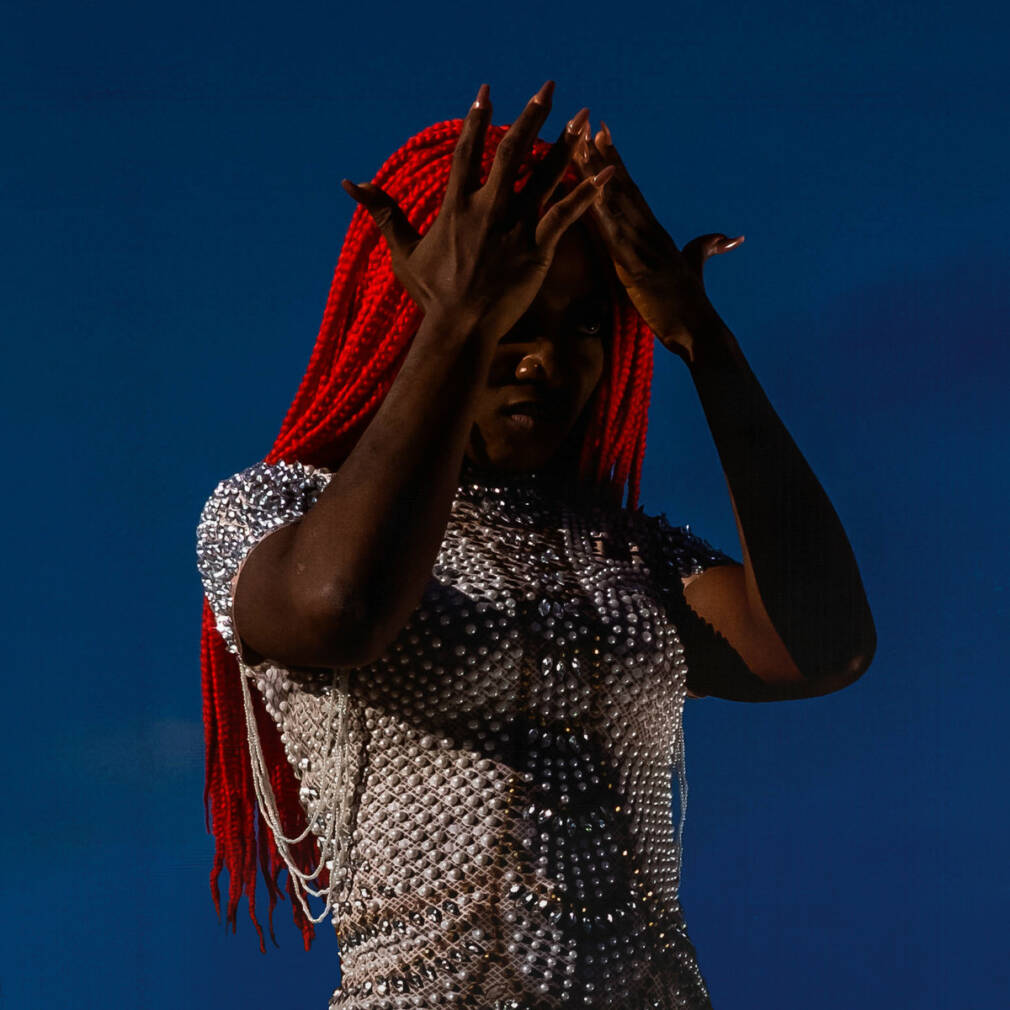
Viral Wreckage
AUNTY RAYZOR
Following the release of her hit “Kuku Corona”, Nigerian rapper AUNTY RAYZOR knew she had to make the most out of its popular success. Viral Wreckage, her debut album, definitely meets our expectations by taking, as its name suggests, the artist’s supercharged energy even further. To meet this challenge, Bisola Olugbenga (real name) has assembled a team capable of exploring the most dynamic facets of the global Afro-club scene: Japanese veteran Scotch Rolex, Carioca funk producer DJ Cris Fontedofunk, Nigerian singer and producer Slimcase, Kabeaushé and his Kenyan future-pop… The result, though experimental and eclectic, remains coherent: at no point is the Lagos rapper’s identity distorted. Her Yoruba lyrics and incendiary flows remain as explosive as in her early days, while RAYZOR allows herself nostalgic forays on tracks like “Fall Back” and “You are not worthy of my love”.
Listen here.
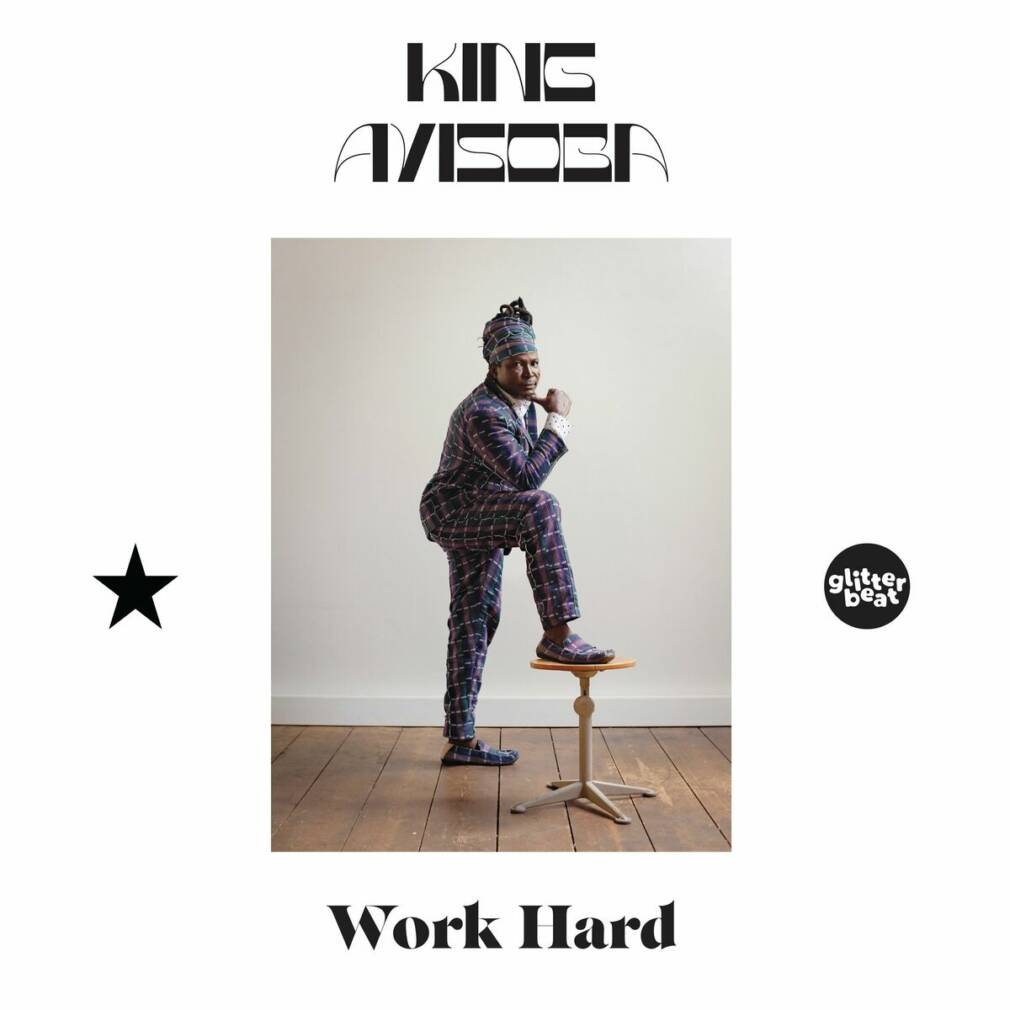
Work Hard
King Ayisoba
Born Albert Apoosore, King Ayisoba is known to be a pioneer of mainstream traditional music in Ghana. Making his entrance into the music industry in the early 2000’s, he grabbed the attention of most Ghanaians, especially those living in modern cities both in and outside Ghana, with his sharp voice and live performances with his favorite kologo instrument. Ayisoba started recording his latest album Work Hard in the Netherlands, but upon returning to Ghana as Covid hit, he was looking for ways to keep inspired and to keep working. Growing up in the hinterlands without basic school education, he has always believed in working hard so being idle was new to him. Although he couldn’t go out to work, he would rather Work Hard on his music and his album.
Listen here.
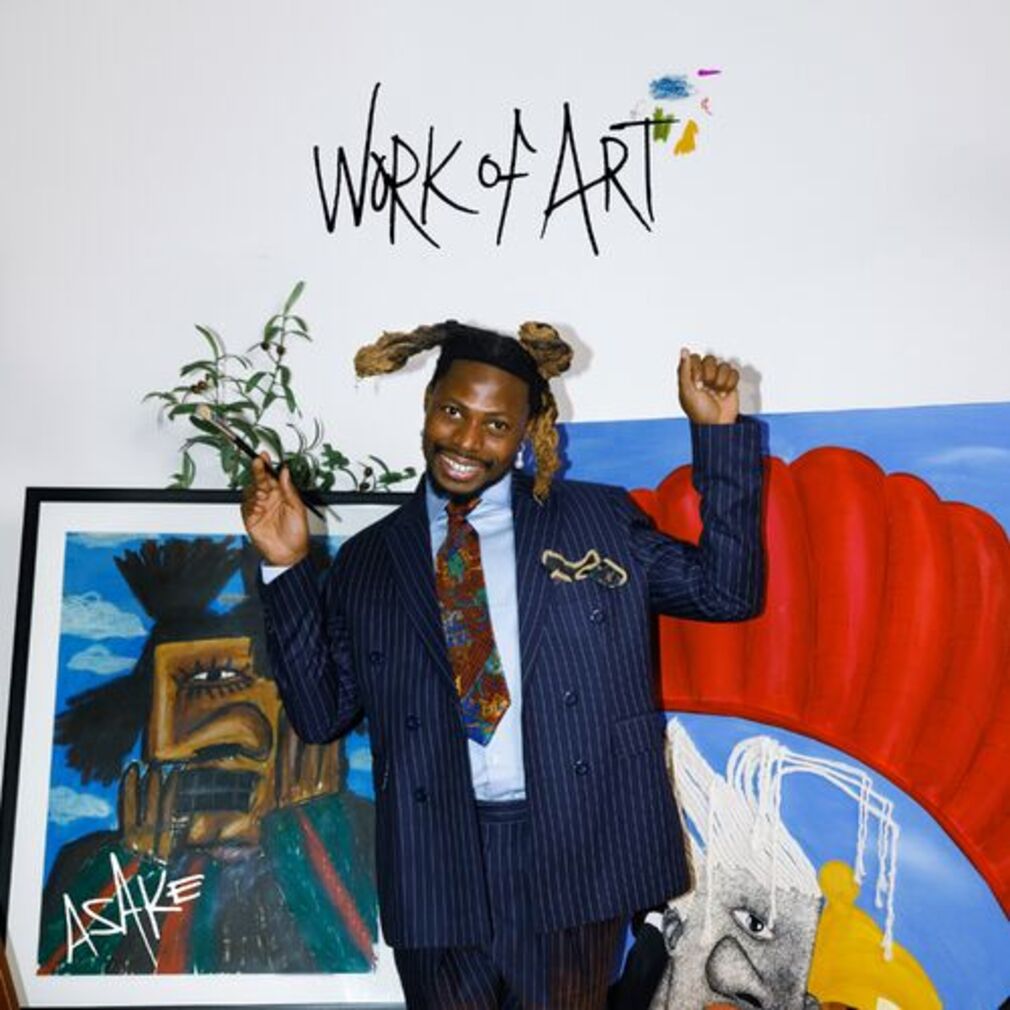
Work Of Art
Asake
Ahmed Ololade continues his ascent, after Mr Money With the Vibe, which climbed to the top of the charts in the USA, making his mark again with Work Of Art. It’s an album on which he takes the opportunity to thank the heavens for having reached his current position, a tribute he expresses not only through his lyrics but also through his music, which is lined with gospel harmonies and punctuated by touches of organ. But it’s also amapiano that takes a place of honor on Work Of Art, with the characteristic bass omnipresent, declaring his love for the South African genre on the heady “Amapiano”. Asake’s Afro-fusion sound is a meeting of Nigerian Afrobeats, dancehall, fuji and deep house synths. An album with an ideal sunny hue in which Asake talks about love and his relationship with success.
Listen here.
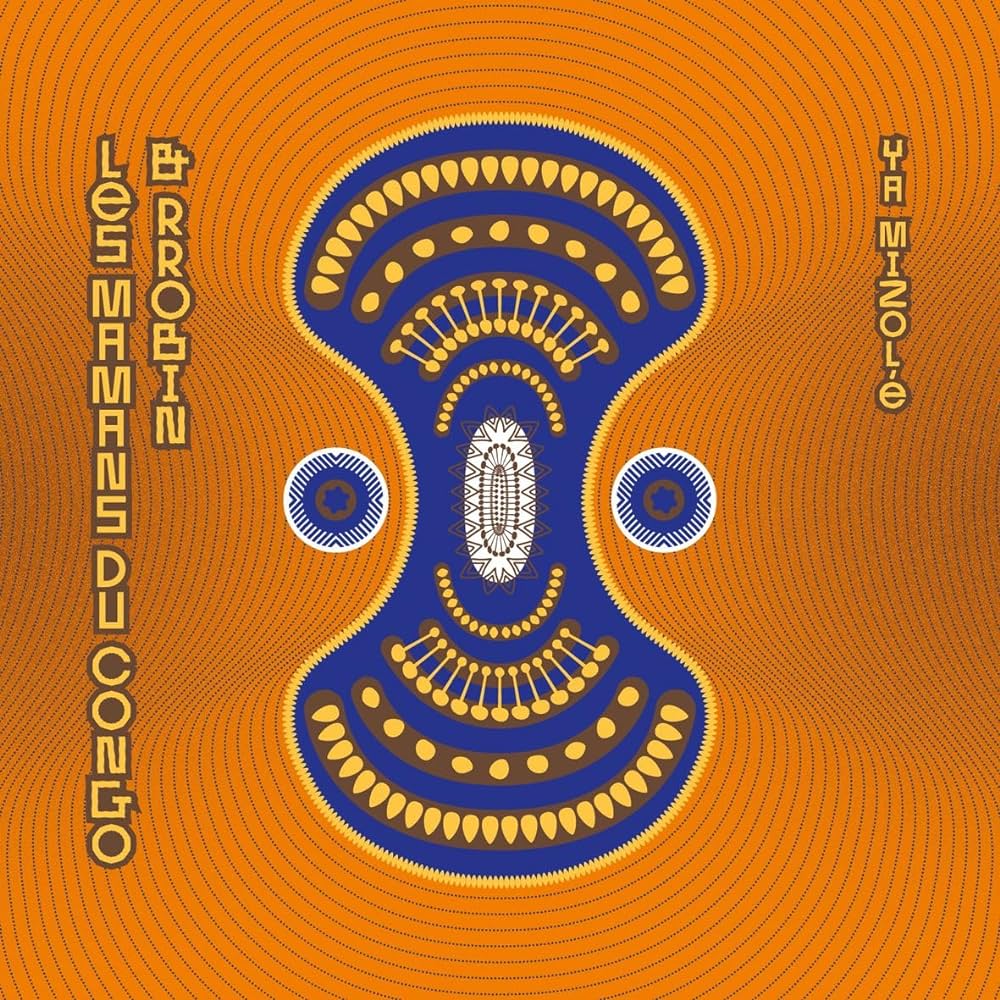
Ya Mizolé
Les Mamans du Congo & Rrobin
Les Mamans du Congo came into being in 2018 in Brazzaville when the Jarring Effects label, the Institut Français du Congo and the Coopérative de Mai organised an encounter between five female Congolese vocalists and French producer Rrobin, with the project of fusing dance music with ancestral Kongo lullabies sung in Lari. Following a first self-titled album in 2020, the group formed again for Ya Mizolé. Cleverly fusing Rrobin’s experimental, hip-hop and house influenced beats with the Mamans’ lyrics, the different songs explore Congolese heritage and tales. “Mpemba”, for example, speaks about Kongo kingdom values and reminds all of us to remember where we come from. Far from being conservative, the album has an overall Afro-futurist feel, carried by electrified, percussive rhythms. “Sala Sala” is the editorial team’s favorite.
Listen here.
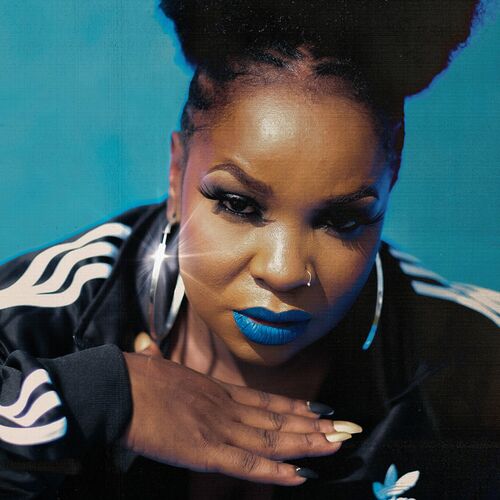
Yallah Beibe
MC Yallah
The Nyege Nyege rapper strikes again, and she hits hard. Yallah Beibe, produced in collaboration with Debmaster is the logical sequel to Kubali, a project released in 2019, and also produced as a duo with the French beatmaker. The album, conceived in Kampala in the company of Japanese producer Scotch Rolex and Congolese producer Chrisman, shows the experimental power of MC Yallah, at ease in industrial music atmospheres that make her float in a futuristic, cyber rap universe. But the MC does not lock herself in a single style, she proves her eclecticism with dancehall rhythms like on “Big Bung”, or on trap or tracks made for the club. Yallah gives free rein to this flow of a sharp speed to which she had accustomed while managing to surprise us. A success for a project that will certainly stick in your teeth.
Listen here.
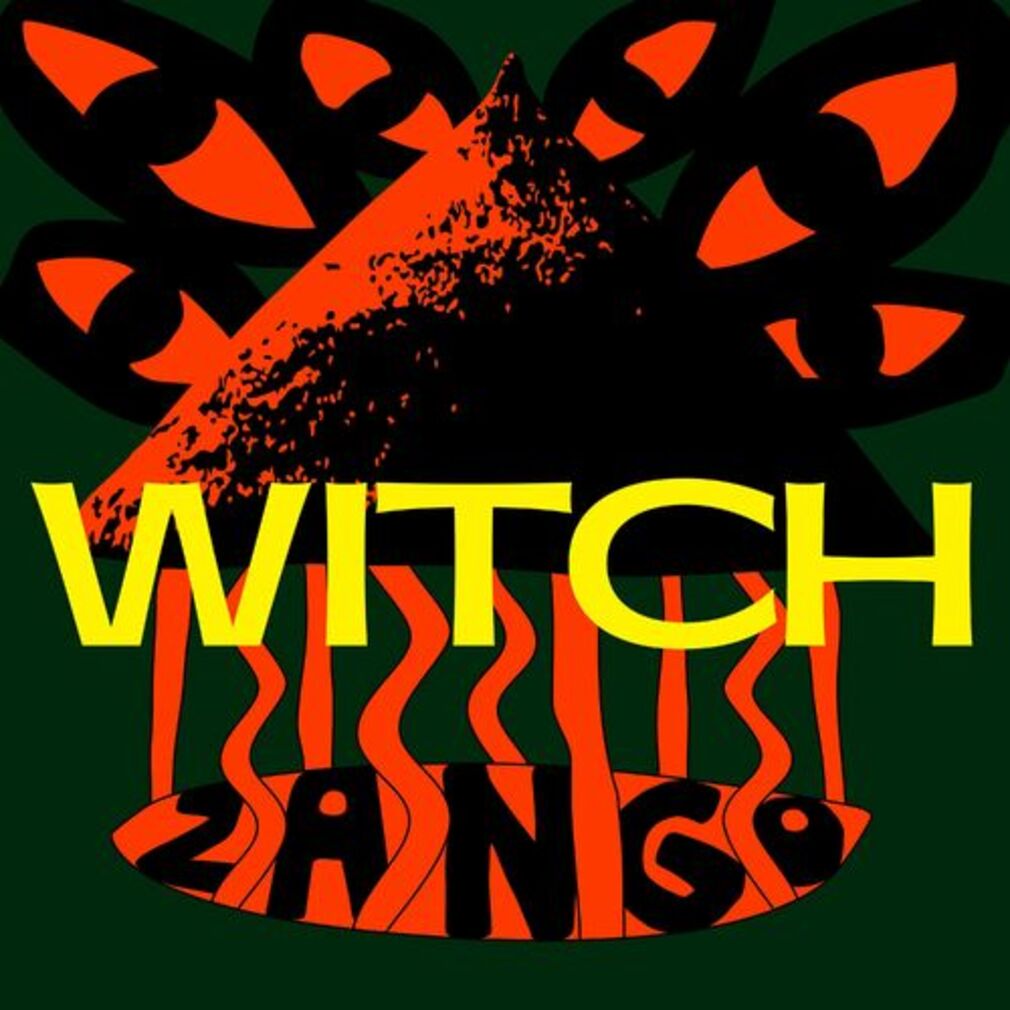
Zango
WITCH
After 40 years without a new musical release, Zambia’s rock band is back with the vibrant Zango. An album that still breathes the air of their 70s zamrock, that purely Zambian genre at the crossroads of psychedelic rock, funk and traditional rhythms. WITCH – an acronym for We Intend To Cause Havoc – hadn’t released any music apart from a 2012 reissue of their entire catalog by Nov Again Records. Surprisingly, their music hasn’t aged a bit: Zango‘s garage-psych-rock tones take us away, and the band has produced an album with both old and new generations of artists. These include zamrock veterans such as Keith Kabwe of Armanaz, as well as new musical stalwarts such as Sampa the Great. You won’t be disappointed by the band’s psychedelic grooves.
Listen here.
